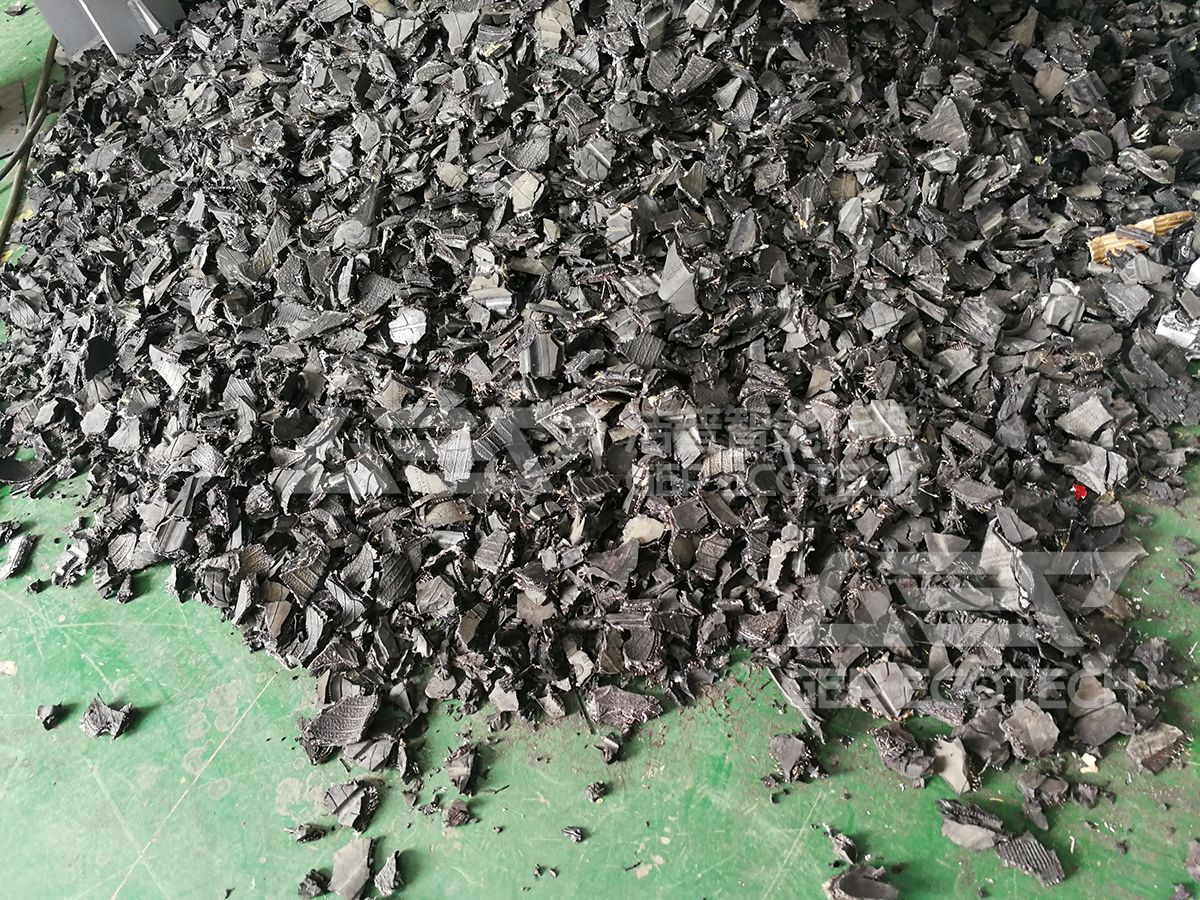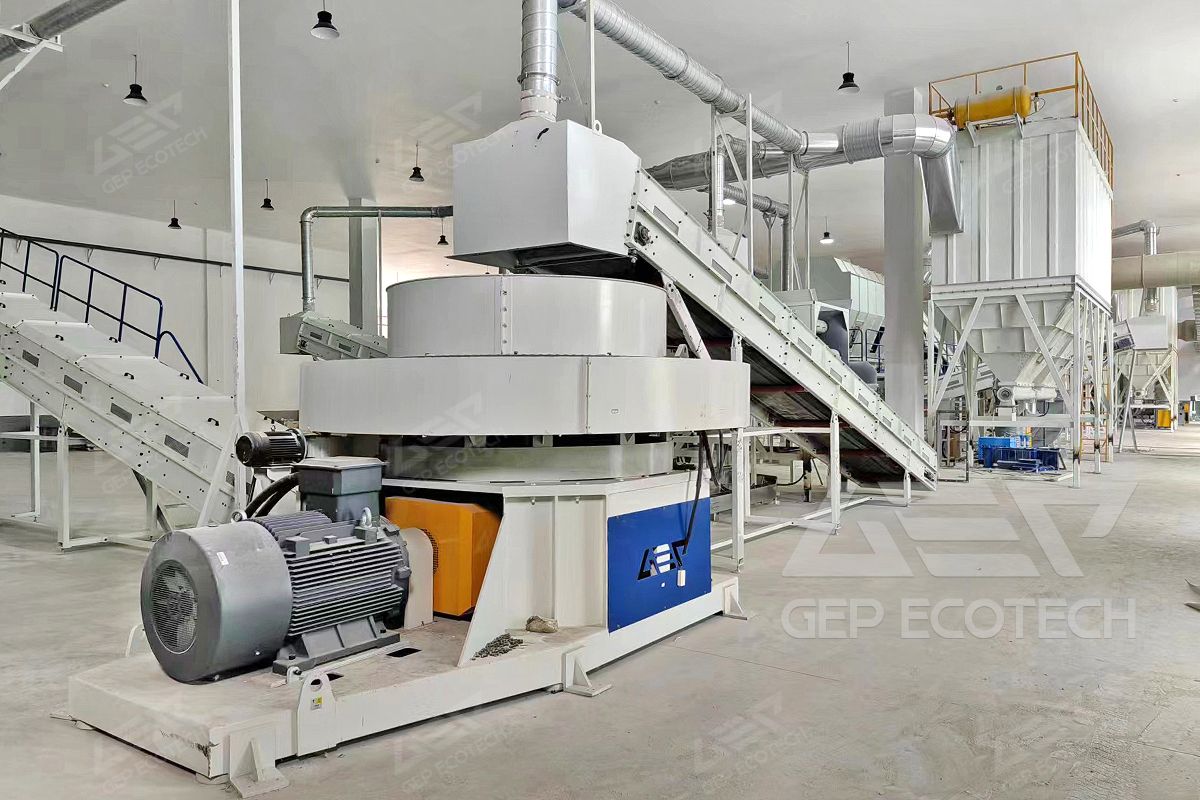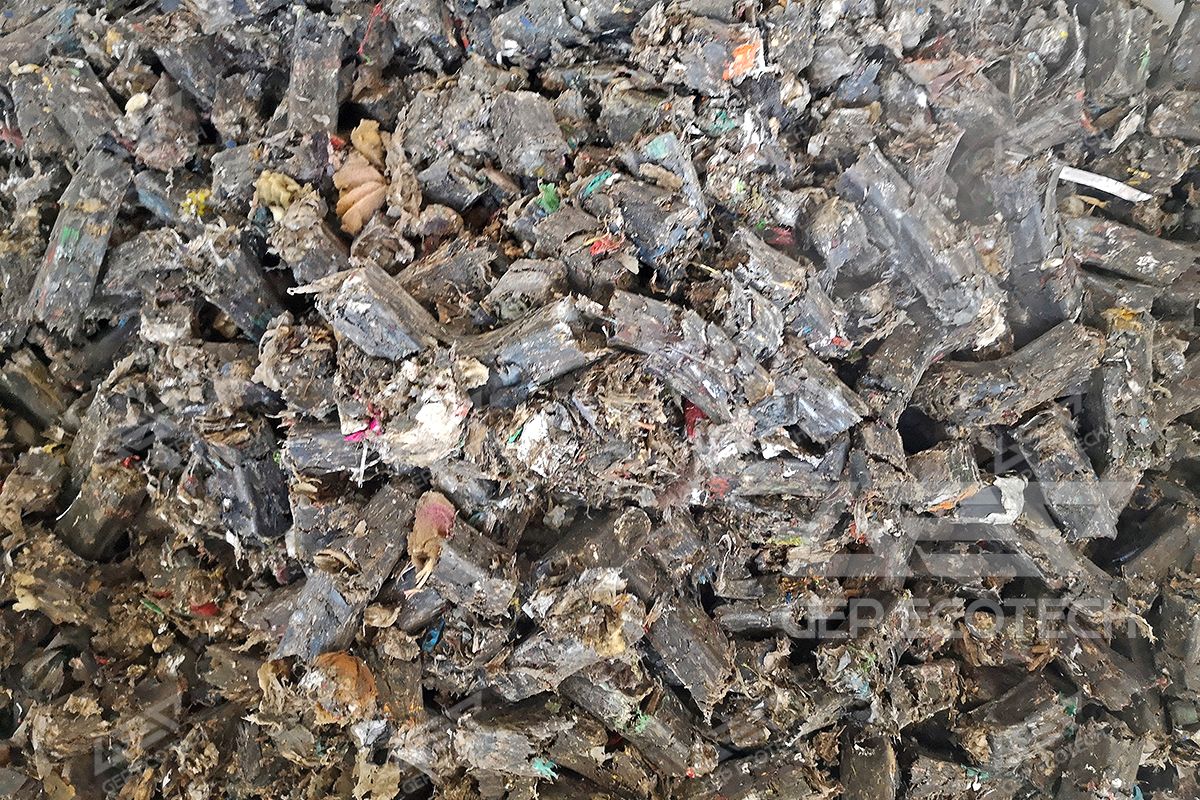Alternative fuel production refers to the process of creating fuels from non-conventional and renewable sources, as opposed to traditional fossil fuels like coal, oil, and natural gas. The production of alternative fuels is driven by the need to reduce greenhouse gas emissions, decrease dependence on finite resources, and promote sustainable energy solutions.
Trusted by a global environmental leader, which is headquartered in Europe, with 150+ plants across 15 countries, this Middle East MSW recyclables baling project sets a new standard in Domestic Waste Recycling. Processing around 100 tons per month of…
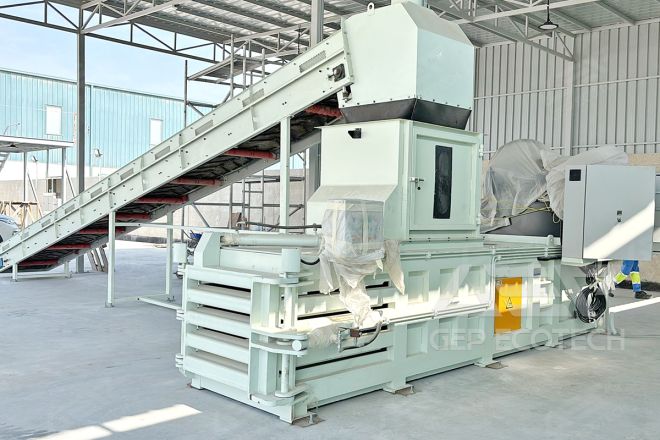
Among them, the successful delivery of the MSW to Alternative Fuel Production Project in the Middle East and the Construction Waste Combustibles to Alternative Fuel Project in Shanghai not only became a benchmark model for regional solid waste resource…
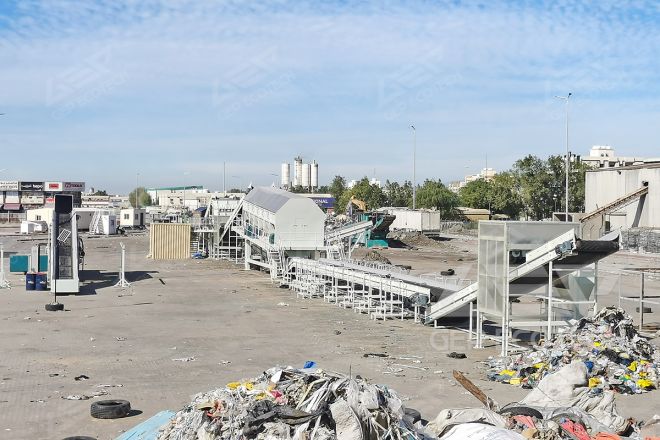
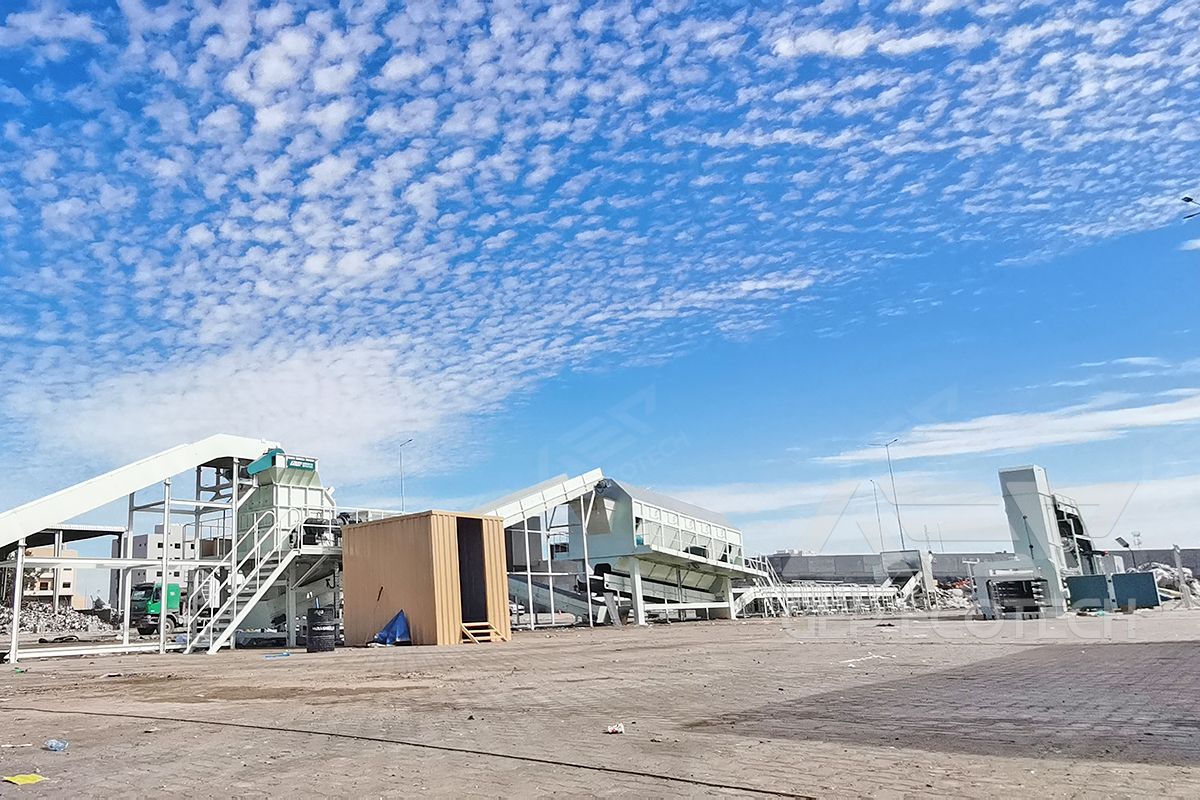
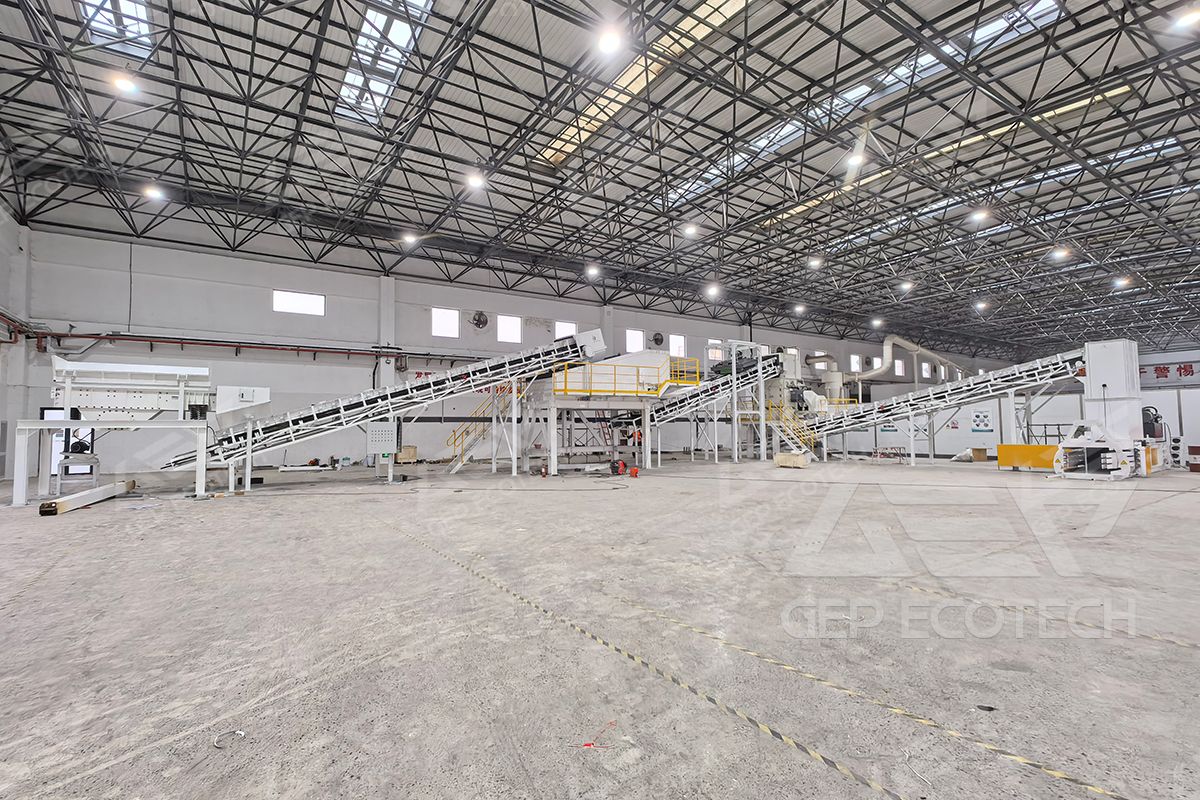
This project successfully transformed construction waste combustibles into high-quality alternative fuel in Shanghai for an environmental technology company. The implemented waste recycling equipment is centered around a carefully selected configuration…
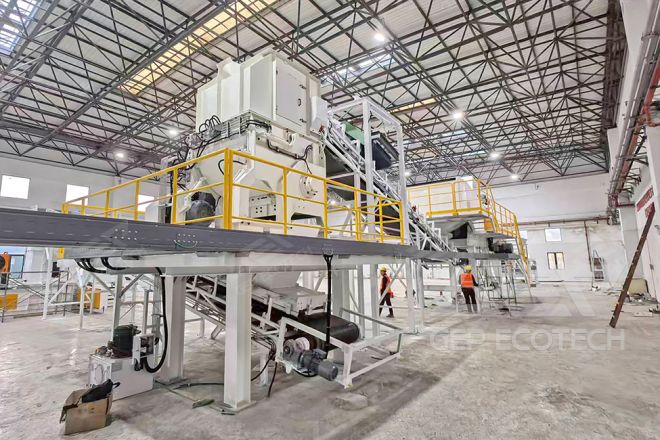
This project is a 50TPH Dual-Output Waste-to-Fuel Project commissioned by a leading MSW Management company in the Middle East. It represents a complete domestic waste recycling solution, integrating our robust "Tough-Processing" unit (customized bag…
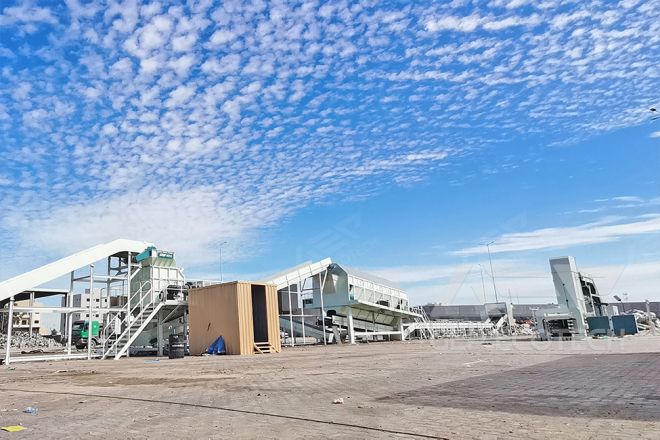
A leading auto dismantler in Southern Taiwan, processing 3,000-4,000 cars monthly, selected GEP ECOTECH's complete ASR processing plant to address their growing waste challenges. The integrated system effectively transforms automotive shredder residue…
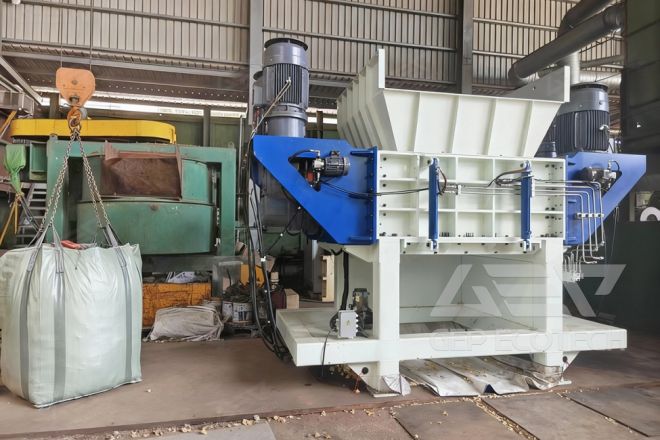
The Zhongyuan District Domestic Waste Sorting Center, as the core hub for regional waste terminal disposal, shoulders the critical responsibilities of sorting, pre-processing, and resource utilization for all domestic waste in the district. Previously,…
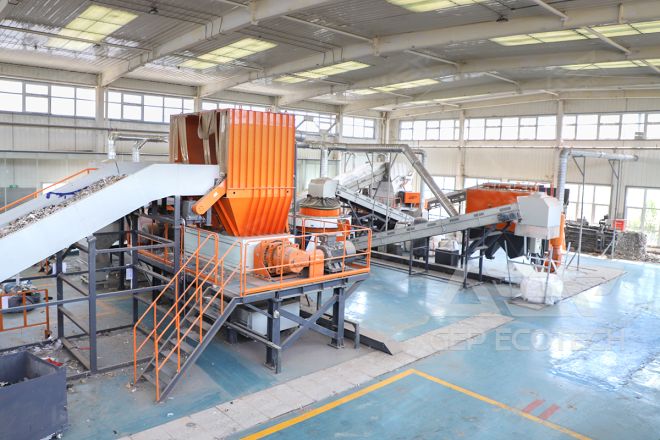
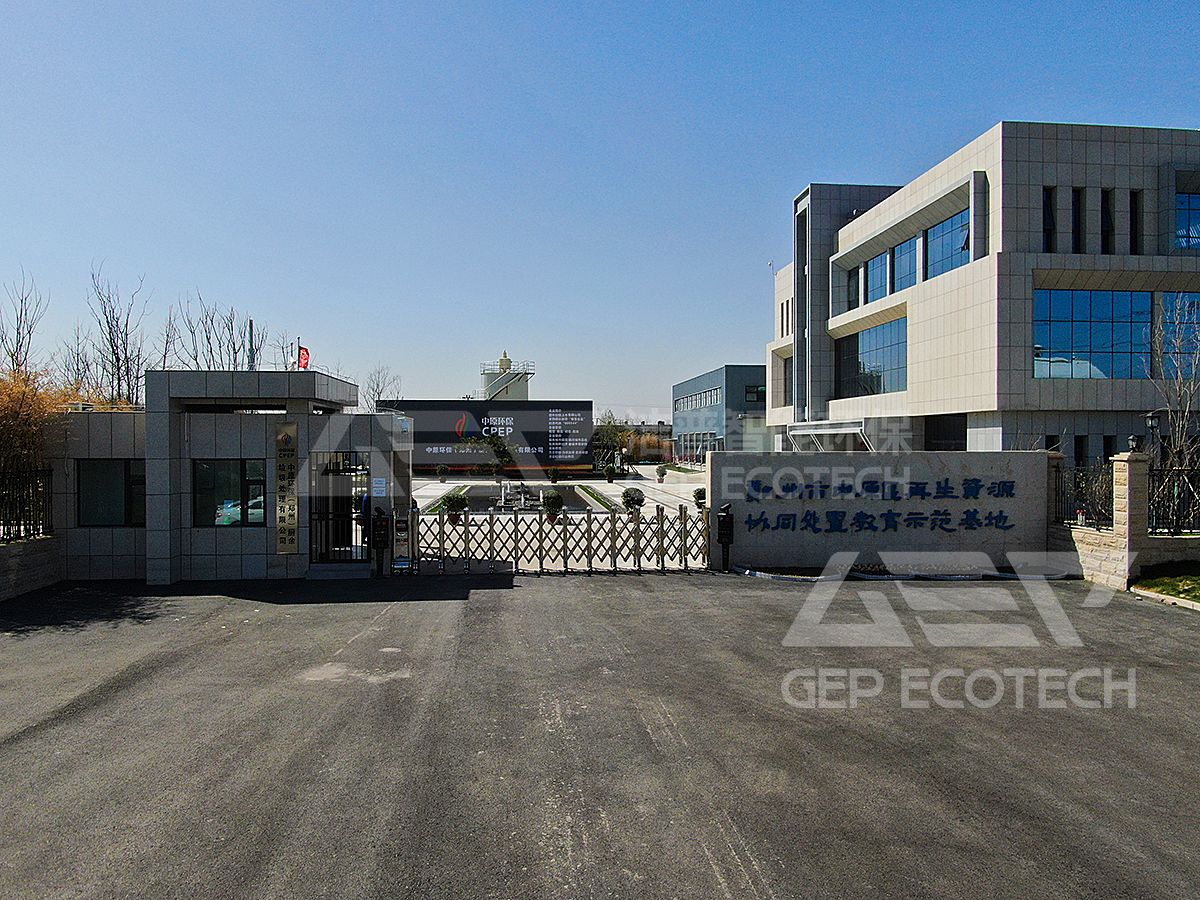
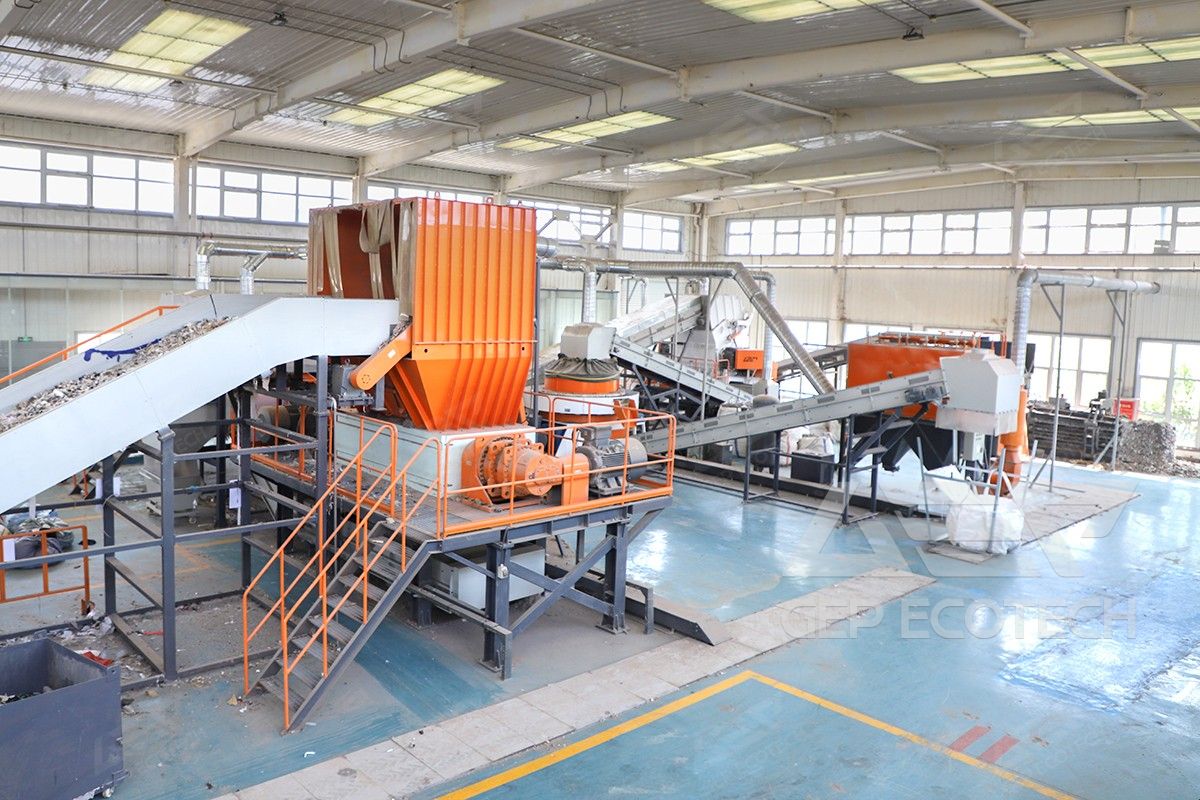
Energy Treasure: Re evaluation of the Value of Light Materials in Decoration WasteAbout 30% of the light materials in decoration waste, such as wood, plastic, fabrics, etc., contain enormous energy value. These combustibles can be scientifically…
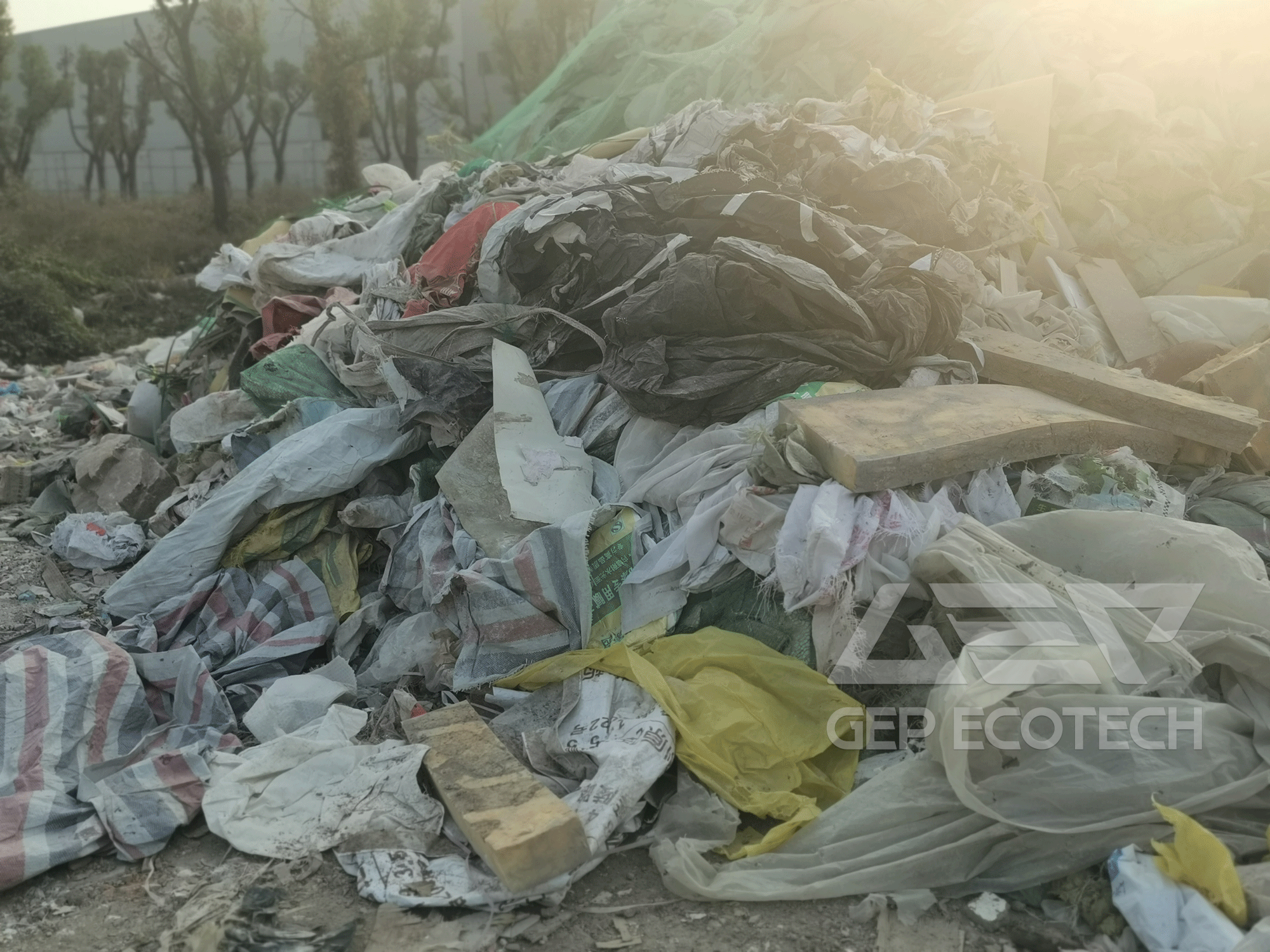
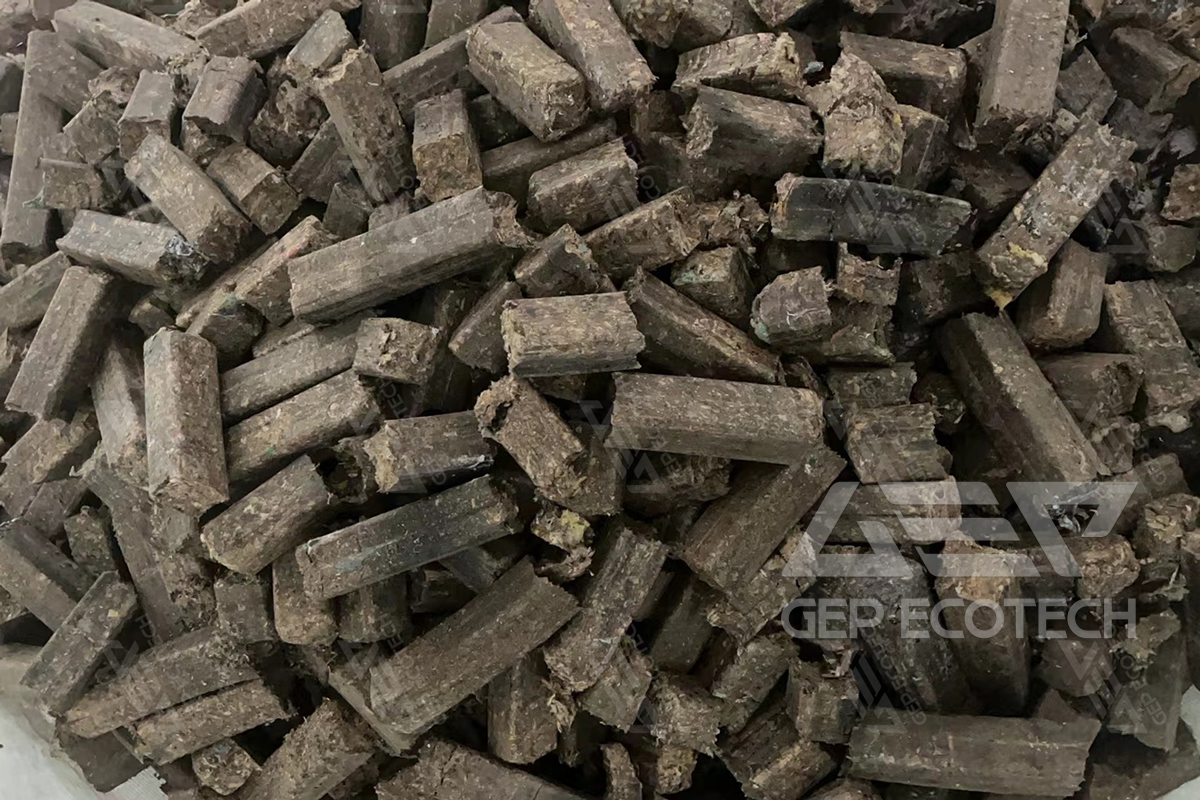
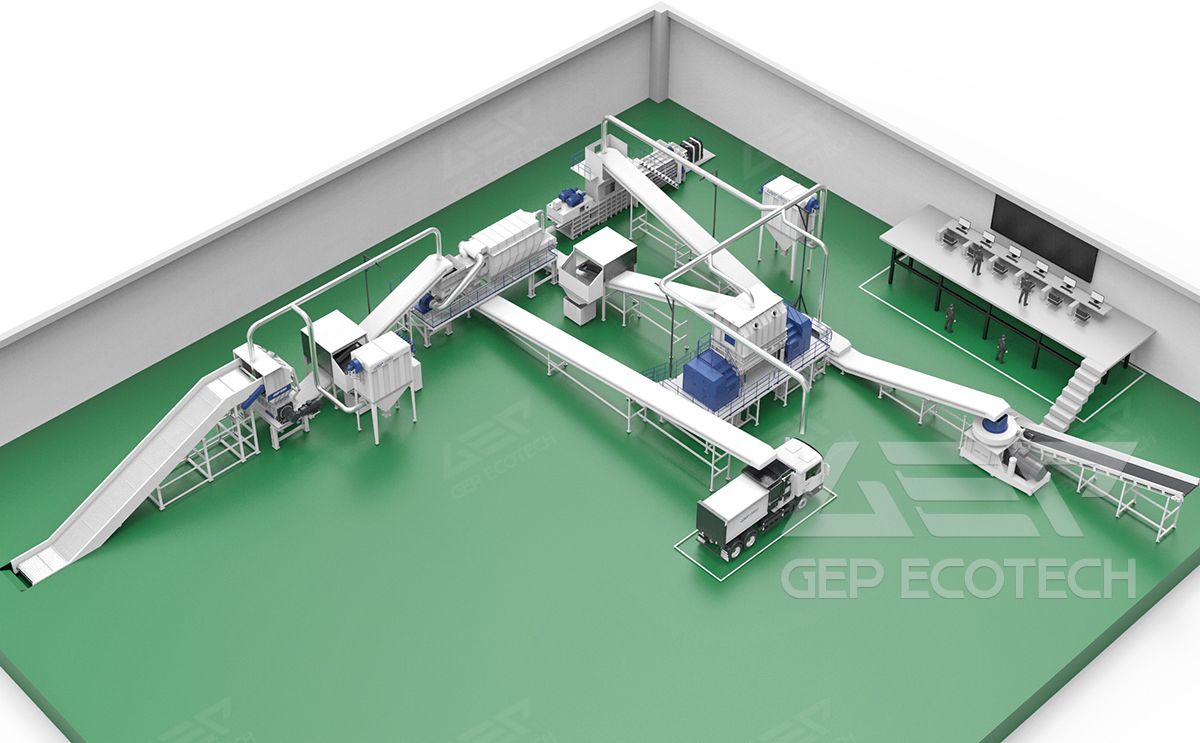
Compared to coal powder, waste spinning has the advantages of high volatile matter, low ash content, low moisture content, and considerable calorific value (average around 4,300 kcal), and has good potential as a substitute fuel. GEP ECOTECH has tailored…
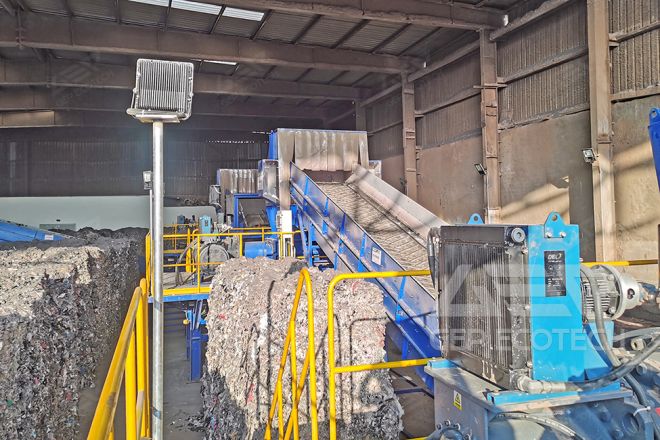
Palm fruit fiber, a byproduct of palm oil production, has the potential to be transformed into Refuse-Derived Fuel (RDF) as an alternative energy source. With its renewable nature, calorific value, and abundant supply in palm-producing regions, palm…
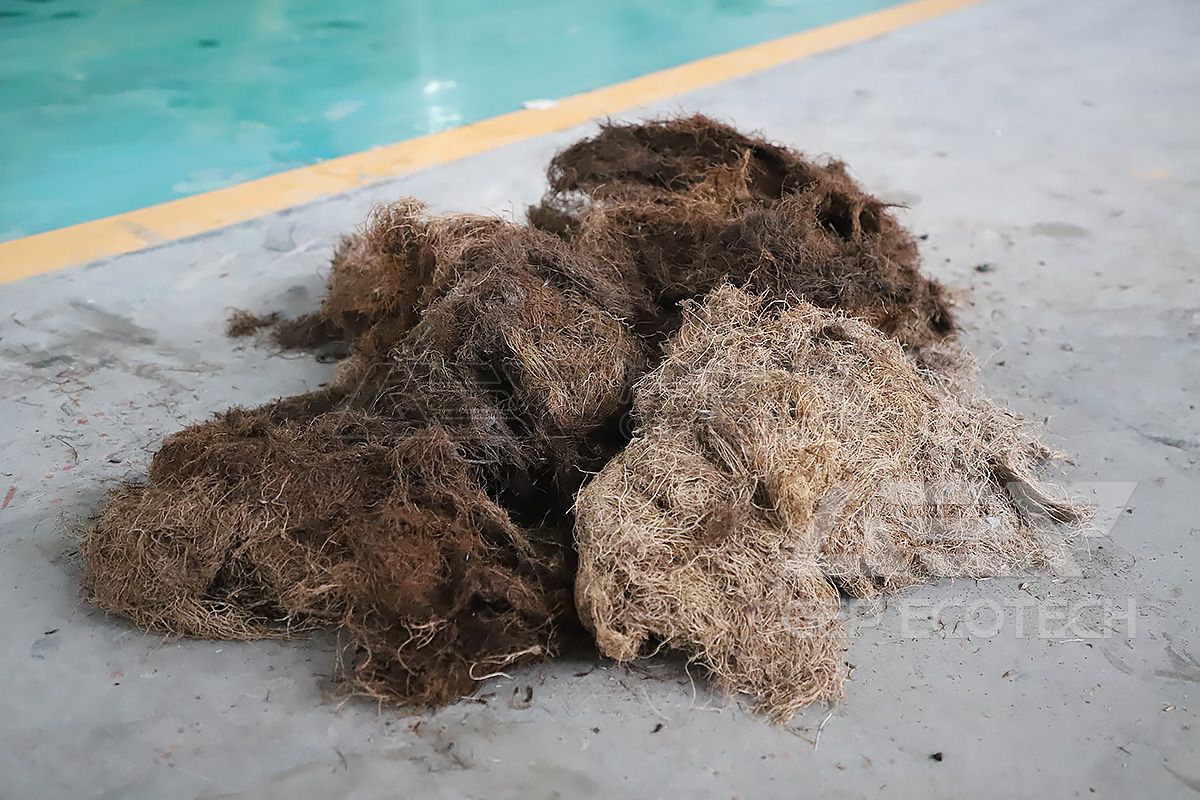
As global energy demands rise, power plants are exploring innovative fuel sources to improve sustainability and reduce dependency on traditional fuels. One promising alternative is utilizing shredded municipal solid waste (MSW) as a fuel for boilers.…
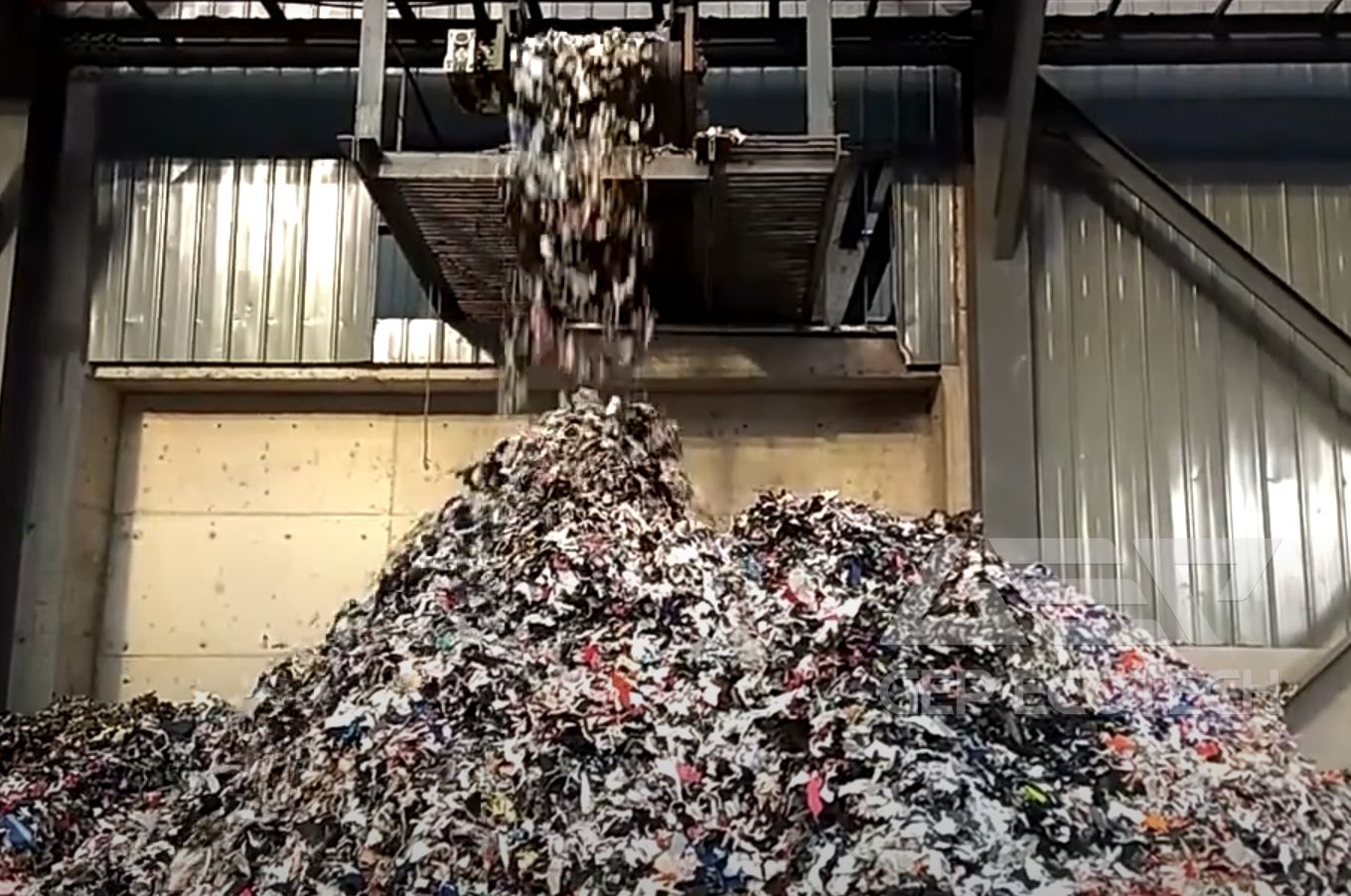
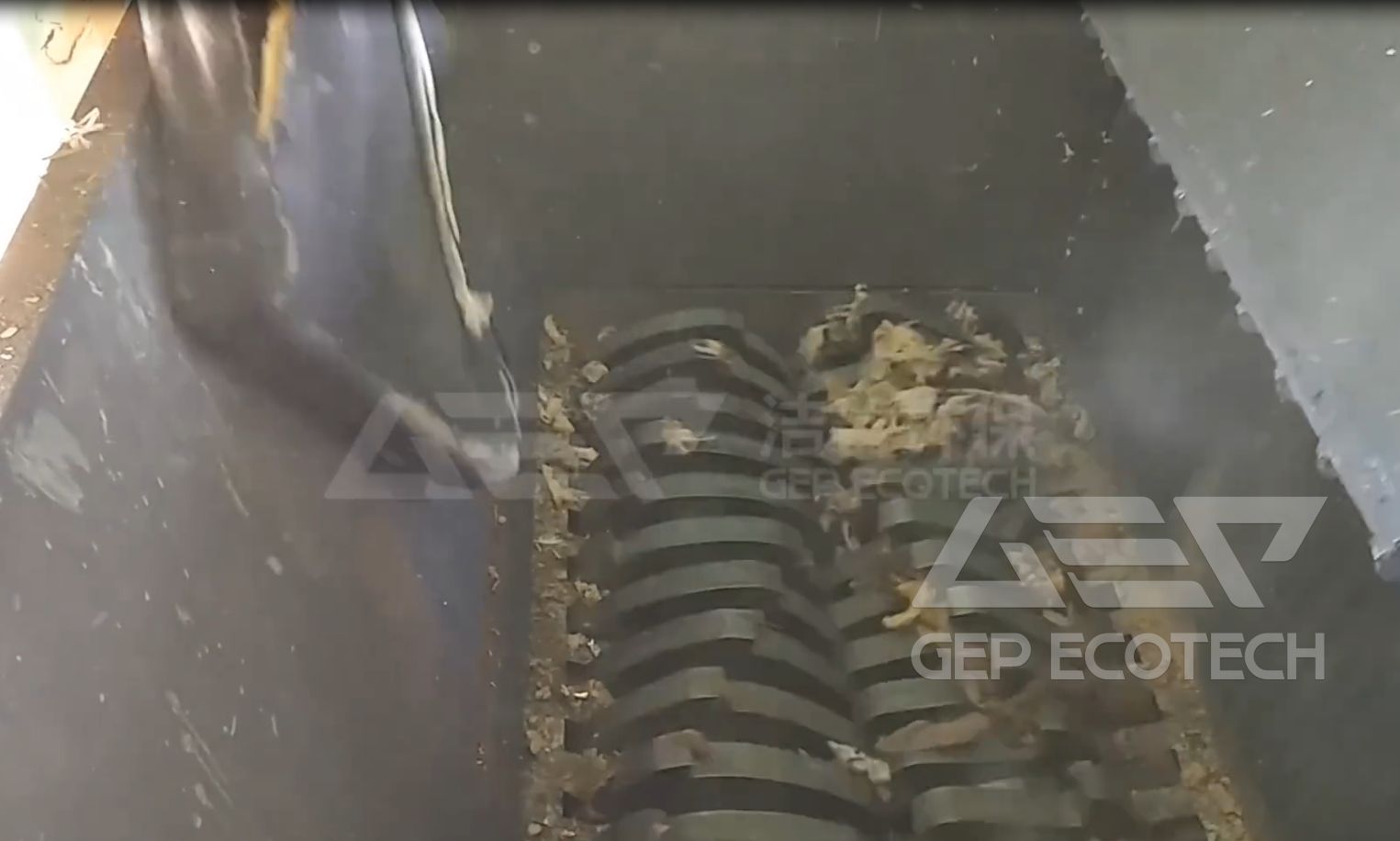
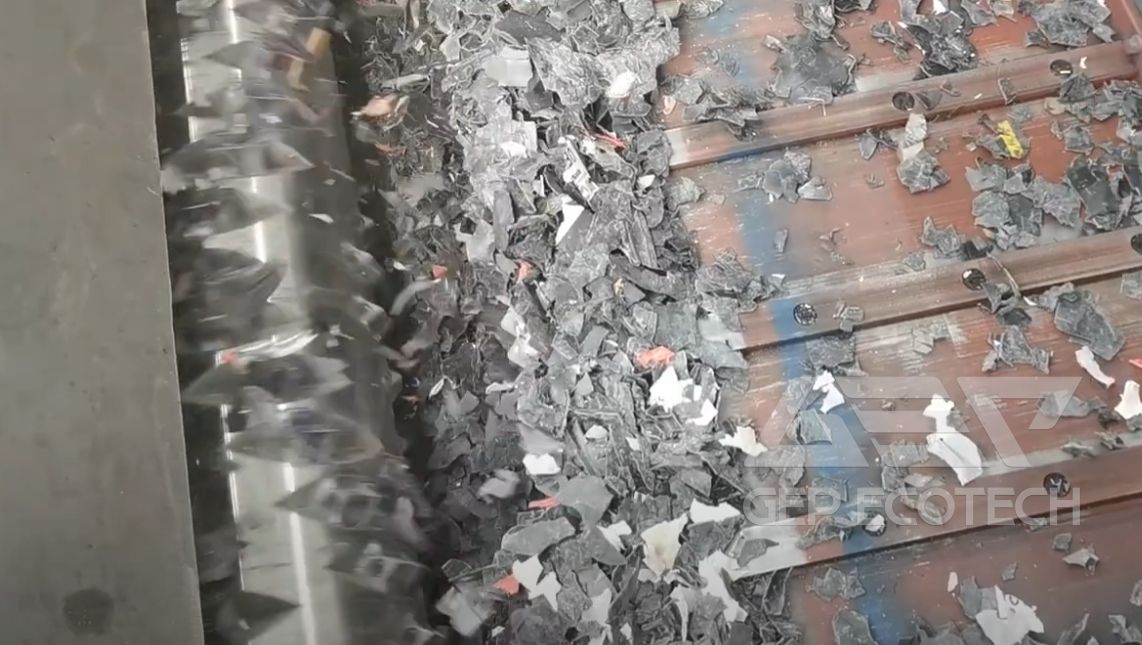
On September 7th, 2024, the Global Energy Transition Conference opened in Beijing. At the meeting, Minister of Ecology and Environment Huang Runqiu stated that the national carbon emission trading market is about to undergo significant expansion, and key…

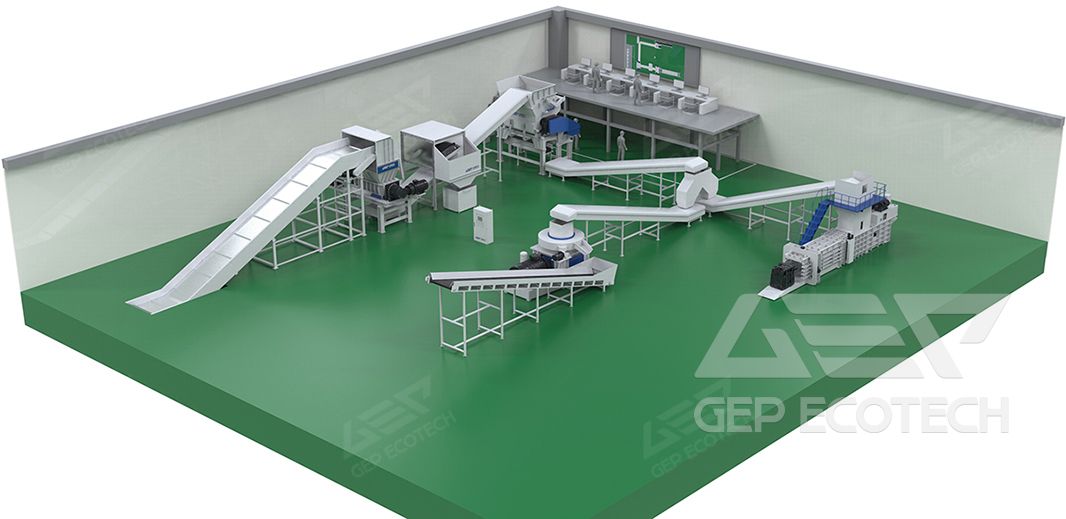

As industries strive to address environmental challenges and enhance sustainability, converting waste into fuel has emerged as a significant solution. Industrial shredders play a pivotal role in this process by preparing waste materials for…
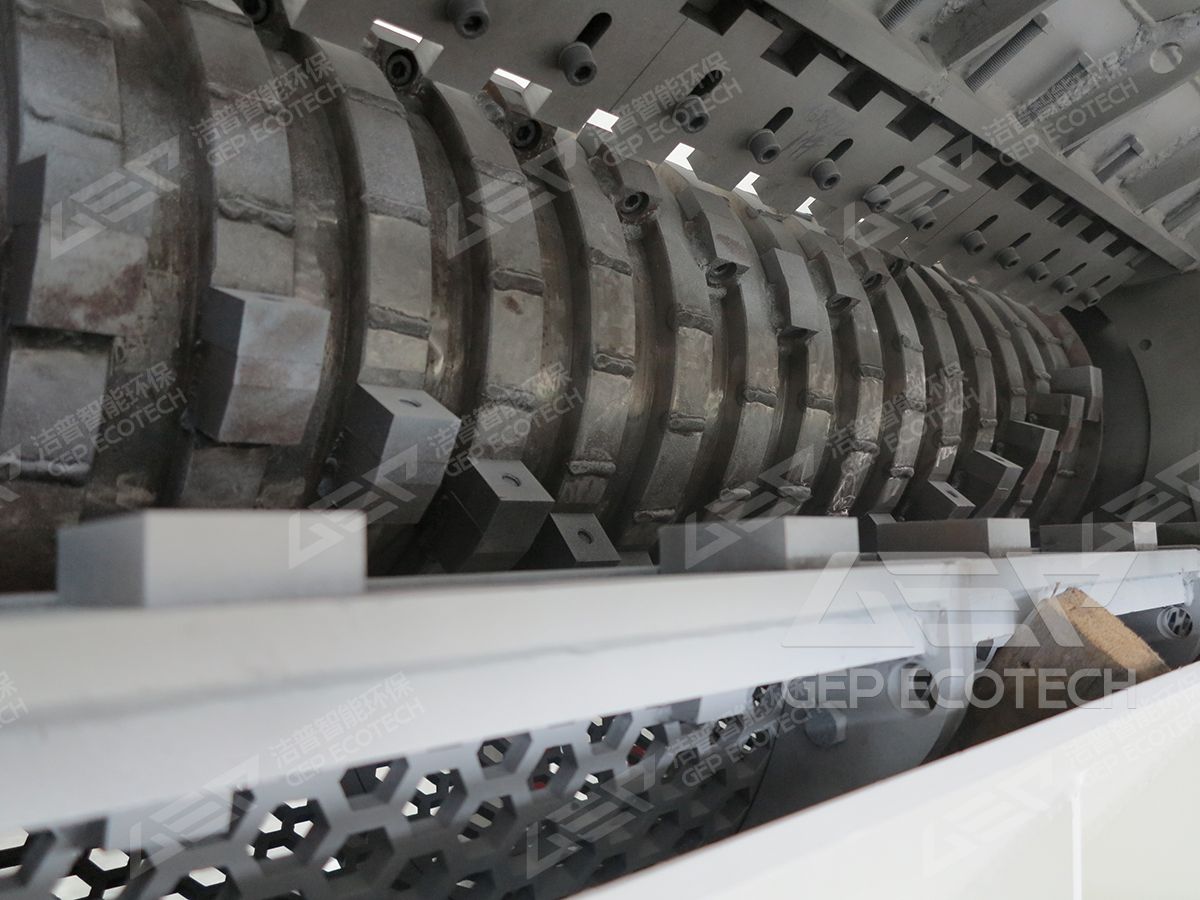
Carbon black is produced by decomposing rubber through thermal decomposition or hot pressing. The main source of raw materials is waste tires. One ton of waste tires can be pyrolyzed to obtain 0.35 tons of carbon black. In recent years, due to rising…
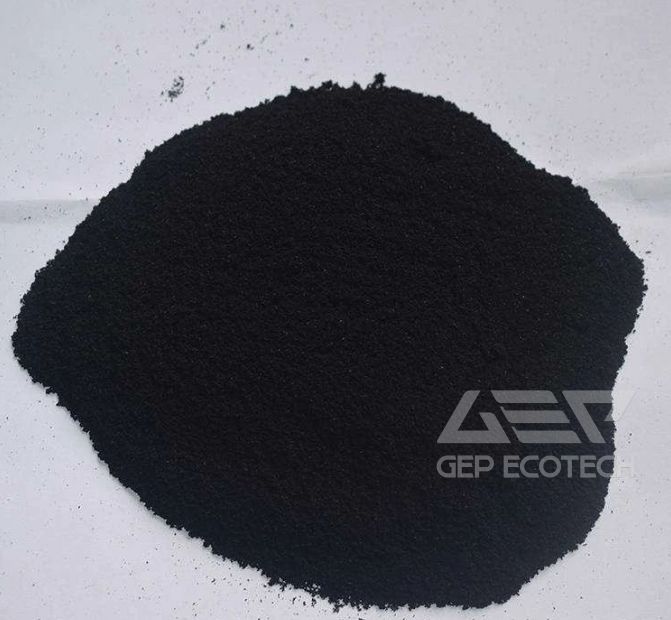
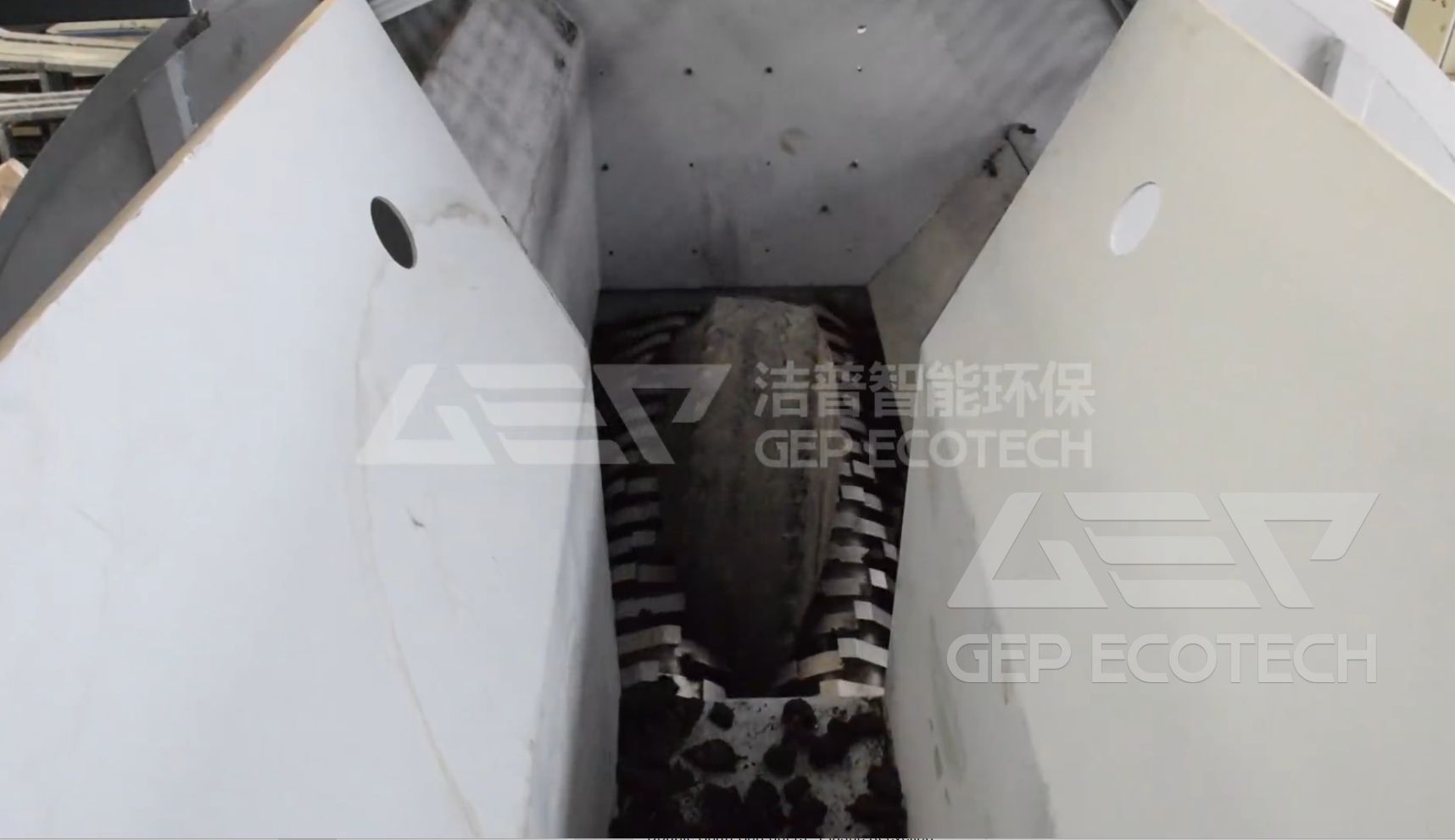
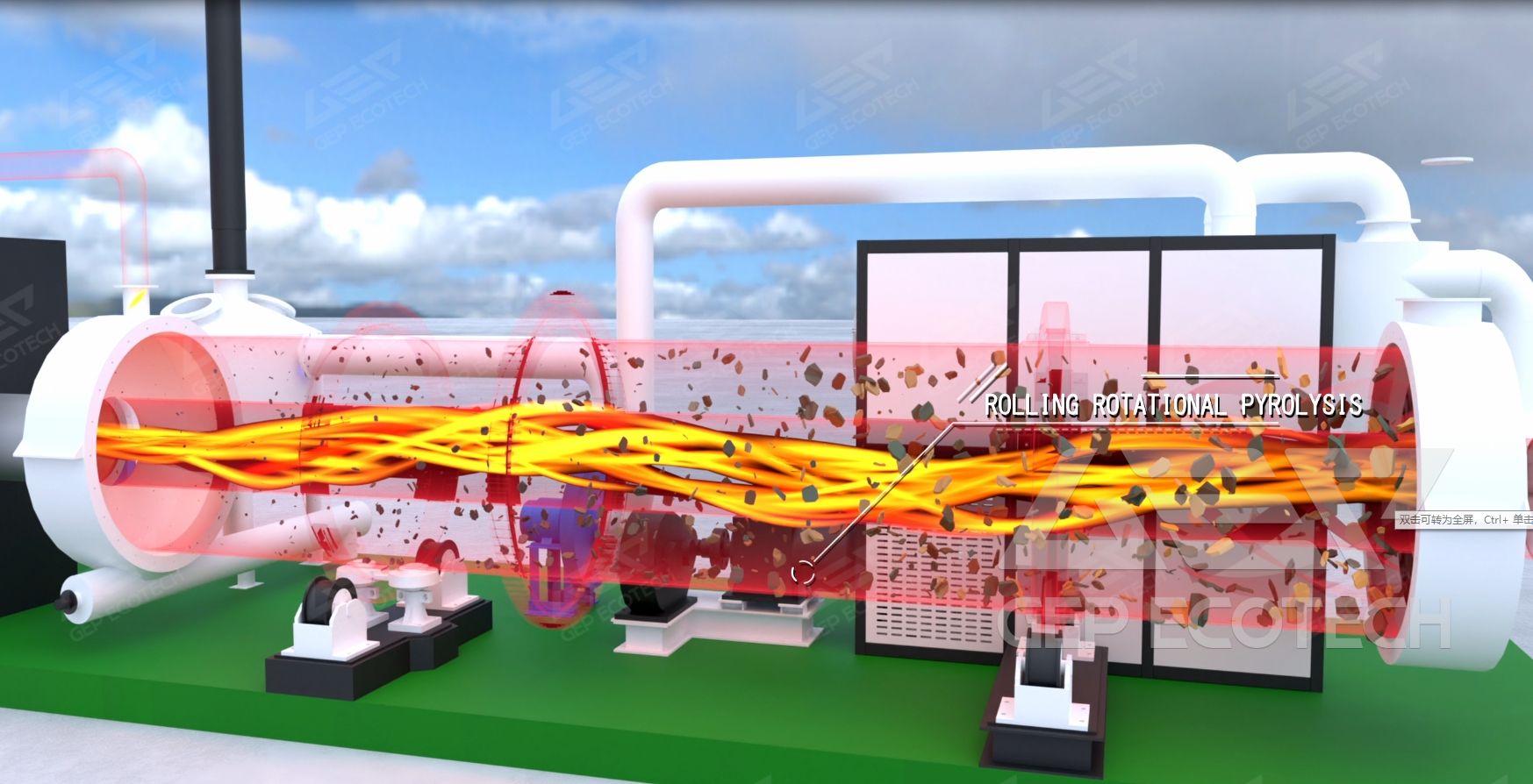
The main sources of textile waste are waste textiles (such as waste silk, residual materials, scraps, etc. in the textile manufacturing process) and old textiles (old clothing, bedding, curtains, carpets, etc.).The calorific value of waste textile is…
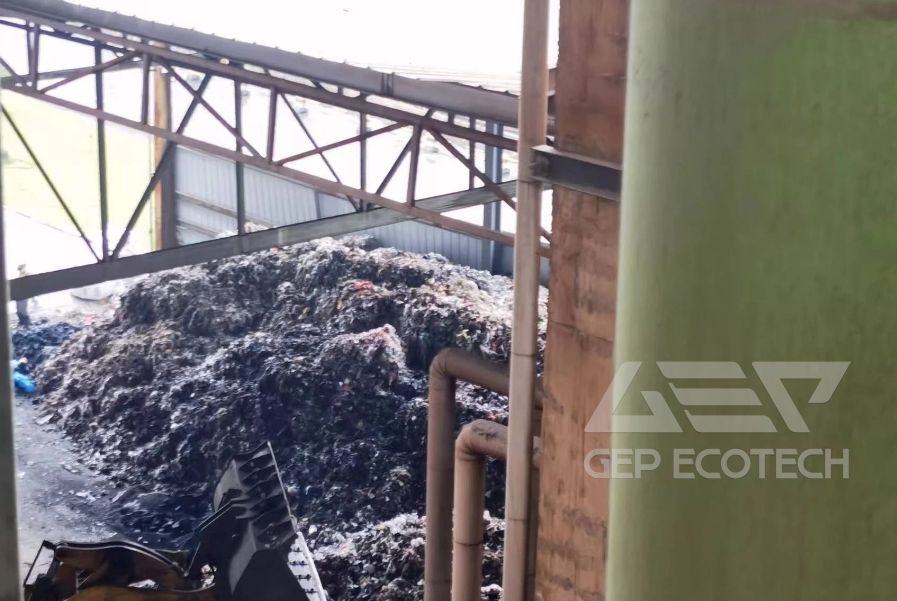
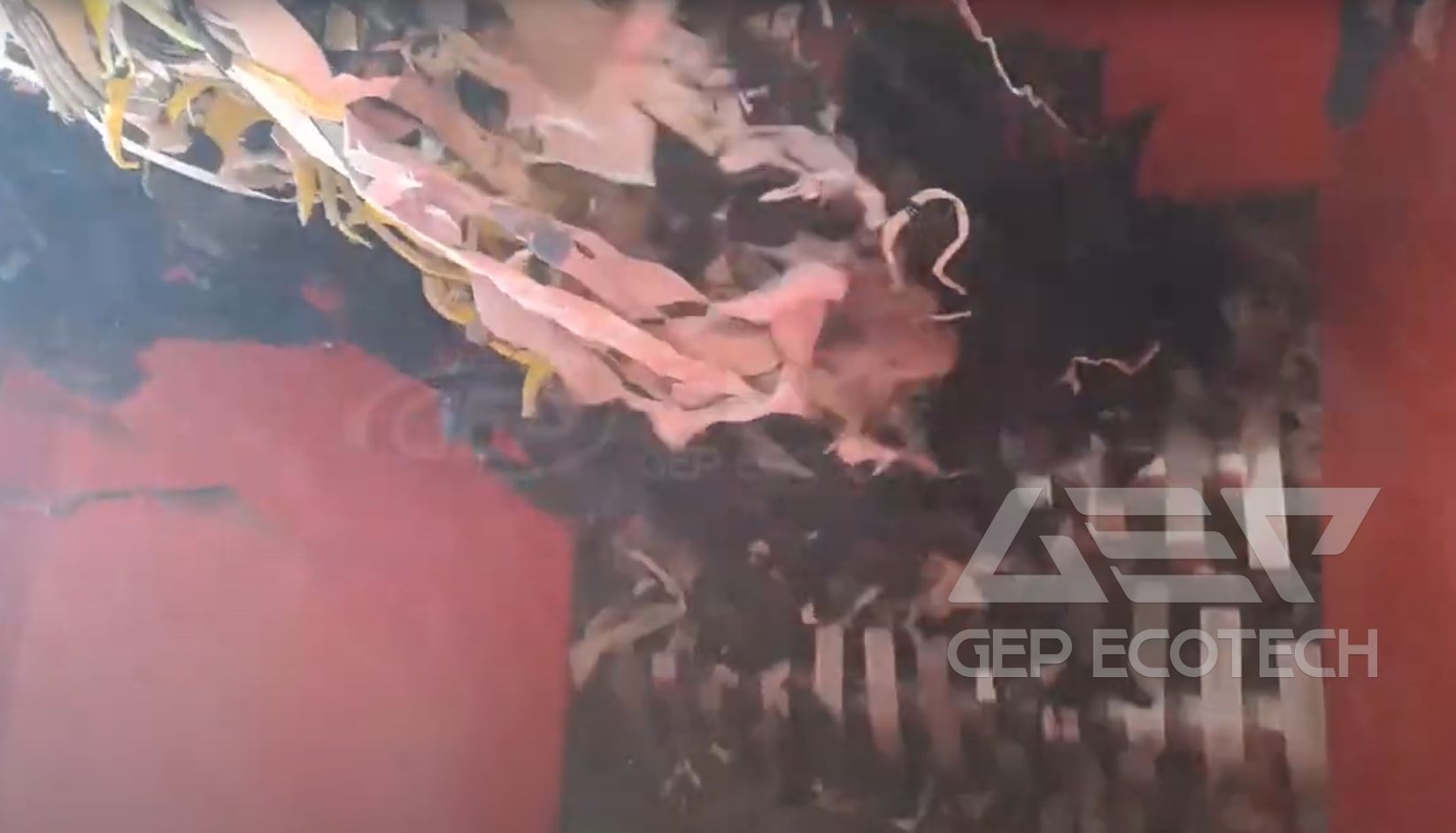
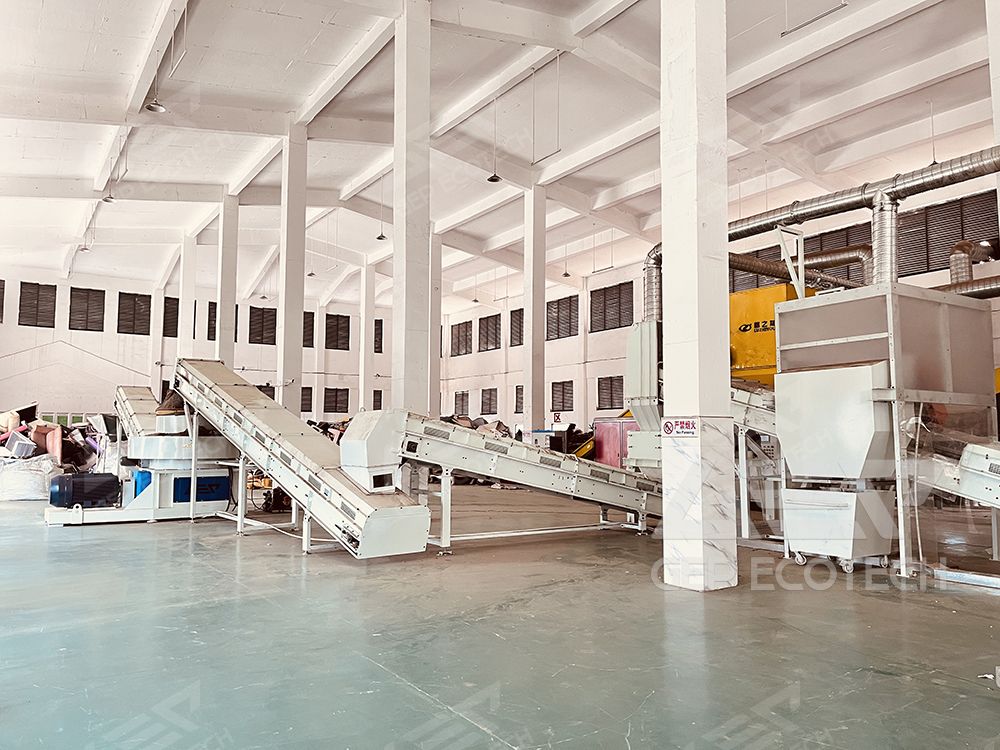
Cement and its concrete products are the second most used products in human society after water. In recent years, cement companies have begun to gradually increase the proportion of alternative fuels in order to reduce production costs, increase…
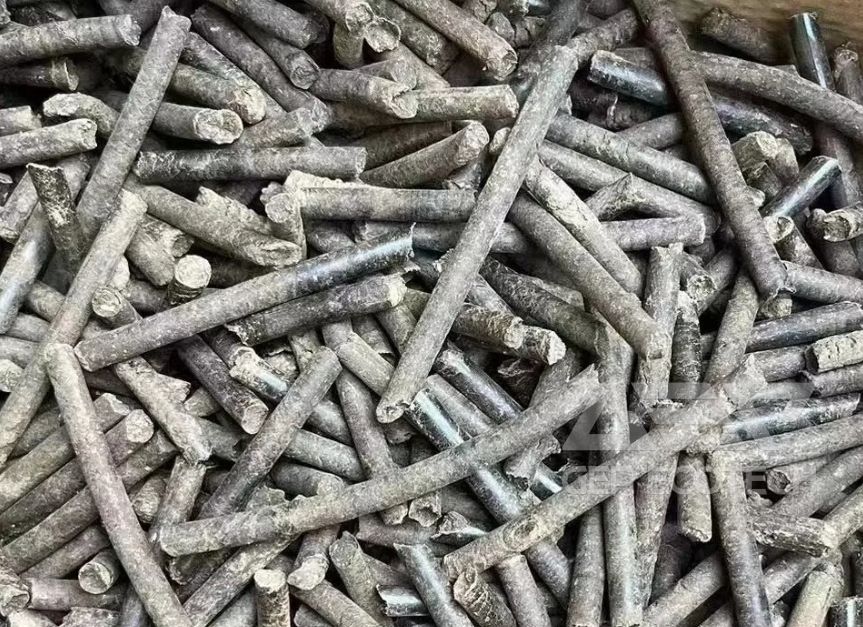
In the industrial sector, waste textile fabrics hold potential as a valuable resource for generating heat energy through incineration. However, the presence of impurities, such as ceramic concrete blocks and metal, necessitates effective screening during…
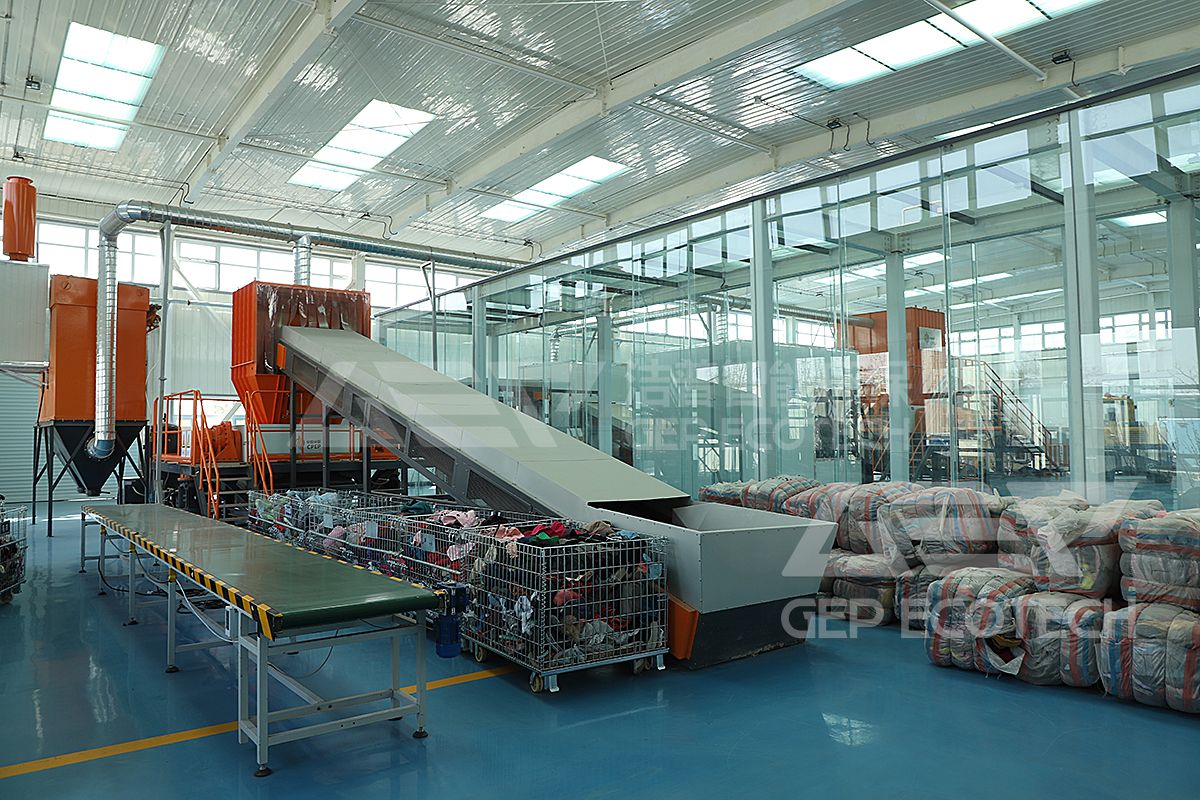
According to data from the China Material Recycling Association, in 2022, the total production of plastic products in China was 63 million tons, of which 18.9 million tons were recycled, accounting for 30%. The recycling capacity is significantly…
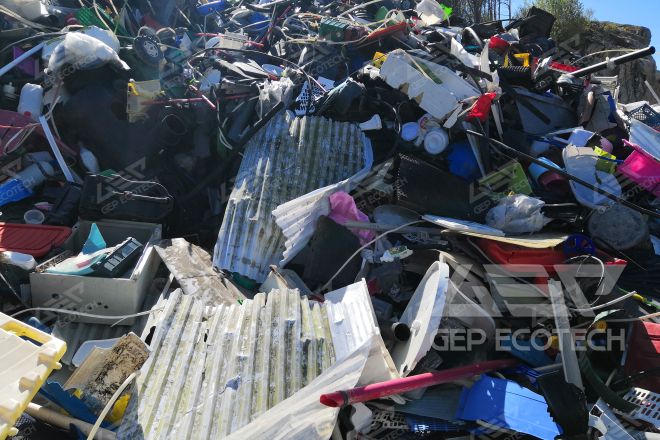
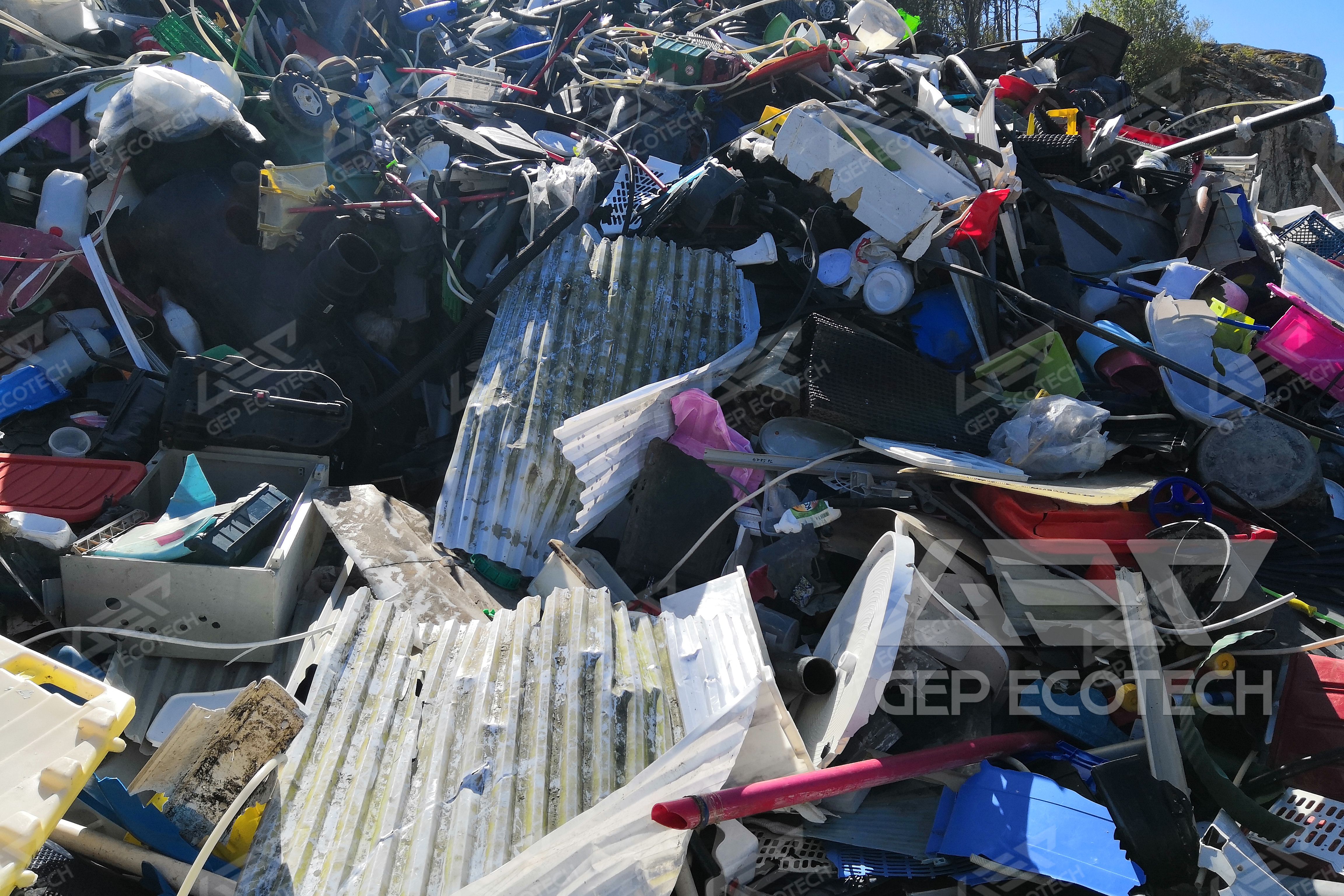
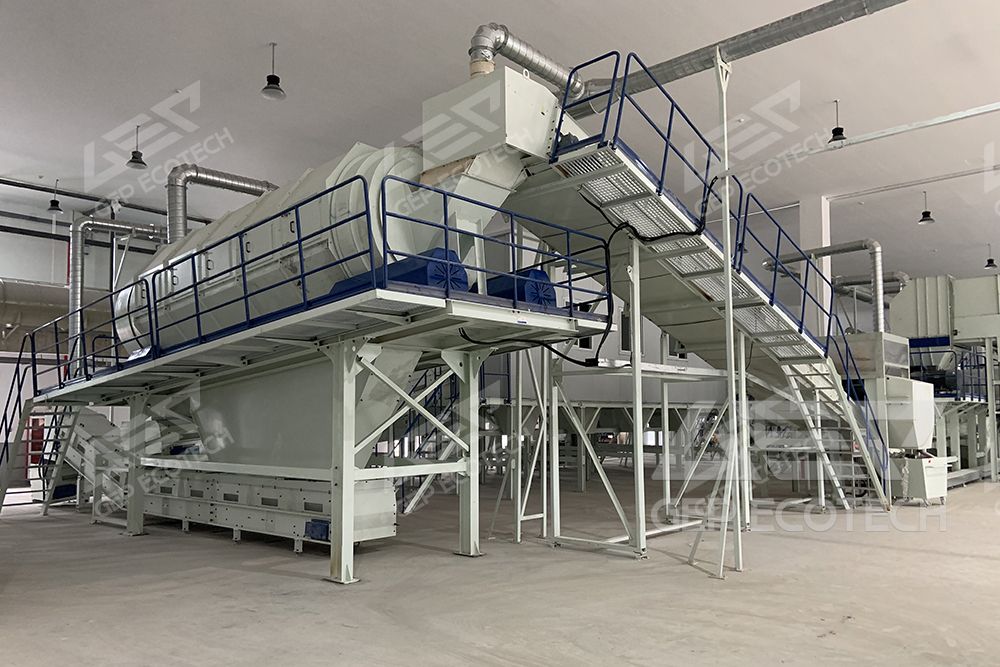
In recent years, twin-shaft shredders have garnered widespread recognition as primary shredders in solid waste crushing applications. However, single-shaft shredders hold a distinct advantage over their double-shaft counterparts in their ability to…
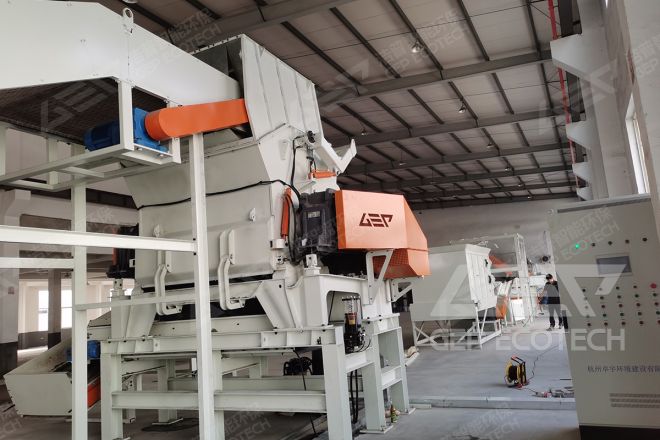
As the world continues to grapple with the challenges of waste management and environmental sustainability, innovative solutions are emerging to repurpose discarded materials for the benefit of various industries. One such groundbreaking approach…
According to the Chinese government website, the Provisional Regulations on the Management of Carbon Emission Trading will be implemented from May 1, 2024. The ecological and environmental management department of the State Council will work with…
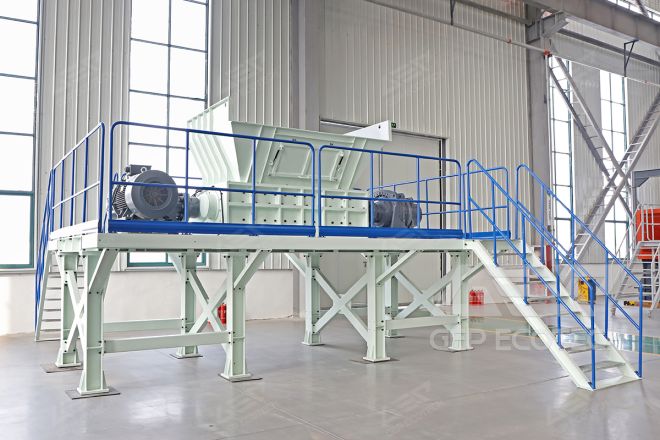

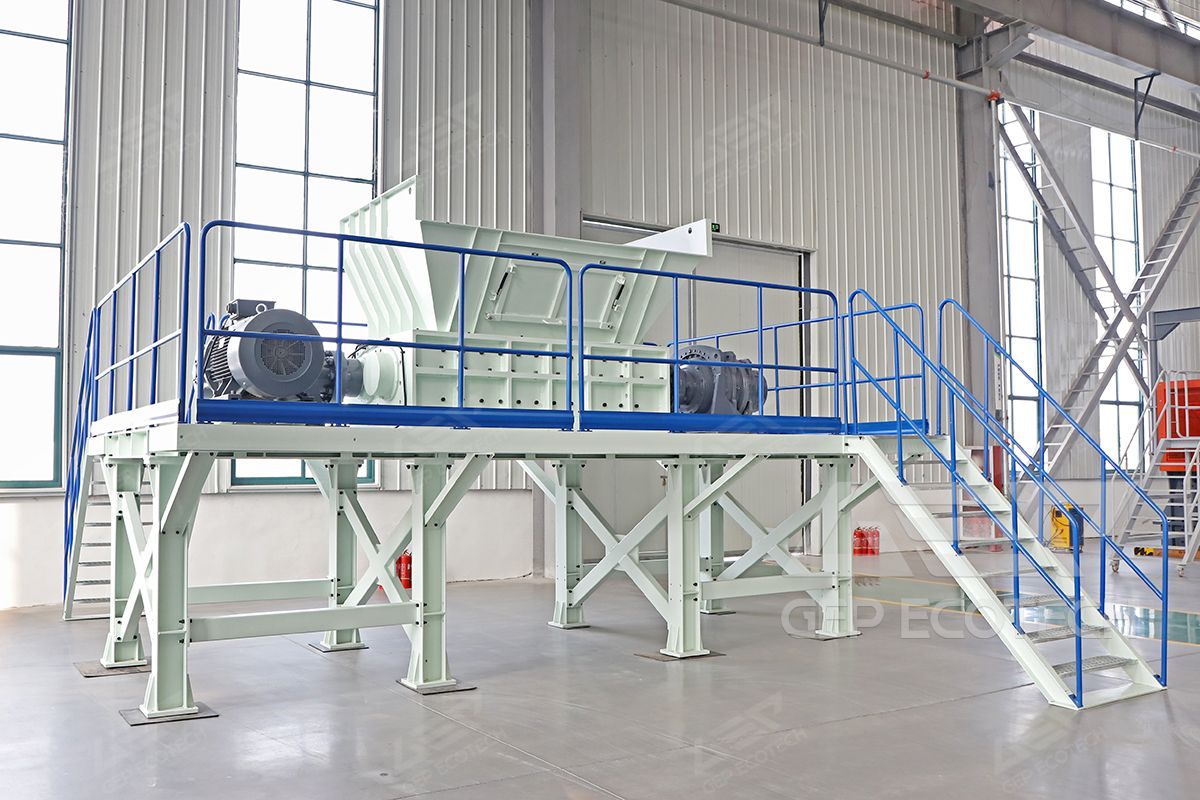
With the promotion of the "dual carbon" goal and the upcoming release of CCER, the demand for energy consuming large households such as power plants, cement plants, and paper mills to replace coal with alternative fuels has become increasingly strong,…
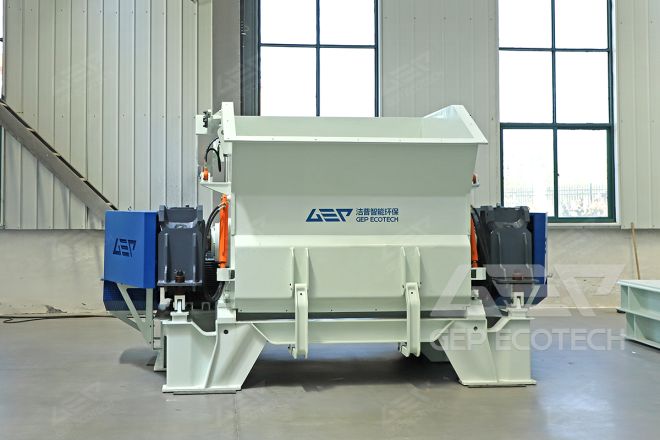
In the cement industry, alternative fuels refer to those that can replace traditional fossil fuels, including biomass alternative fuels and non biomass alternative fuels. These alternative fuels are usually prepared from combustible waste, such as waste…
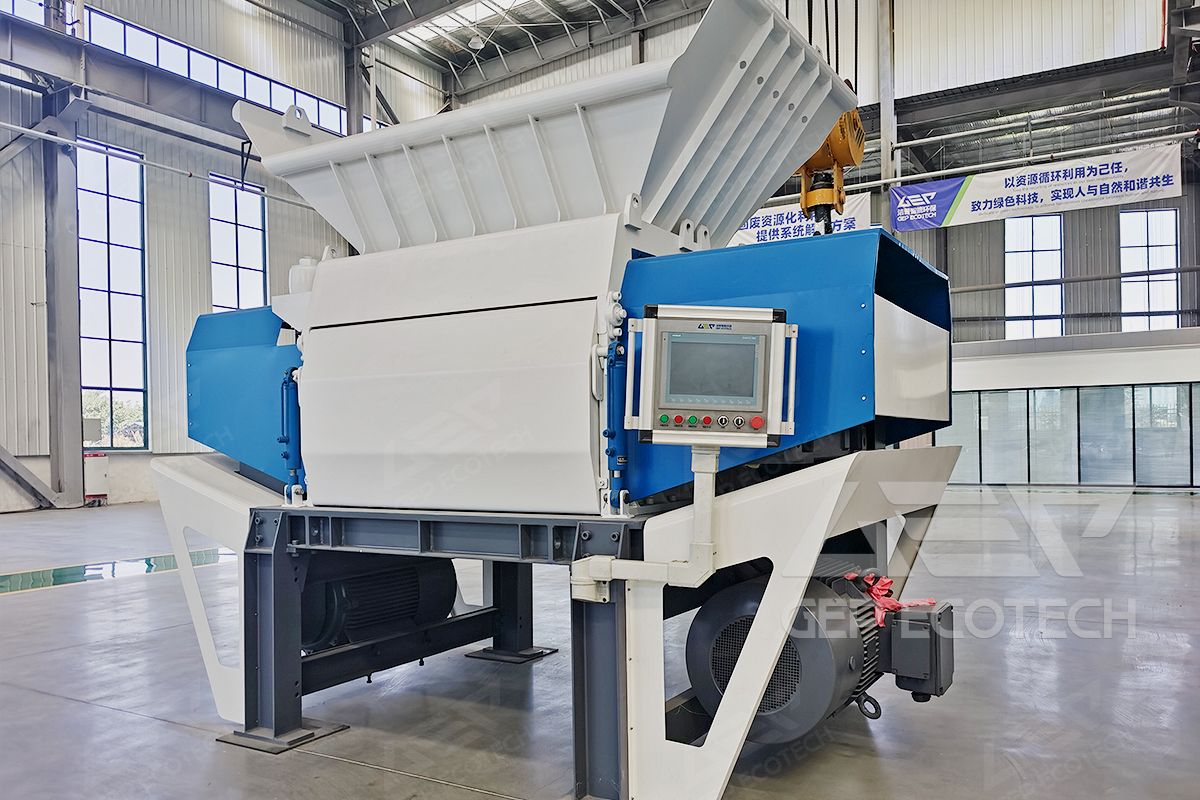
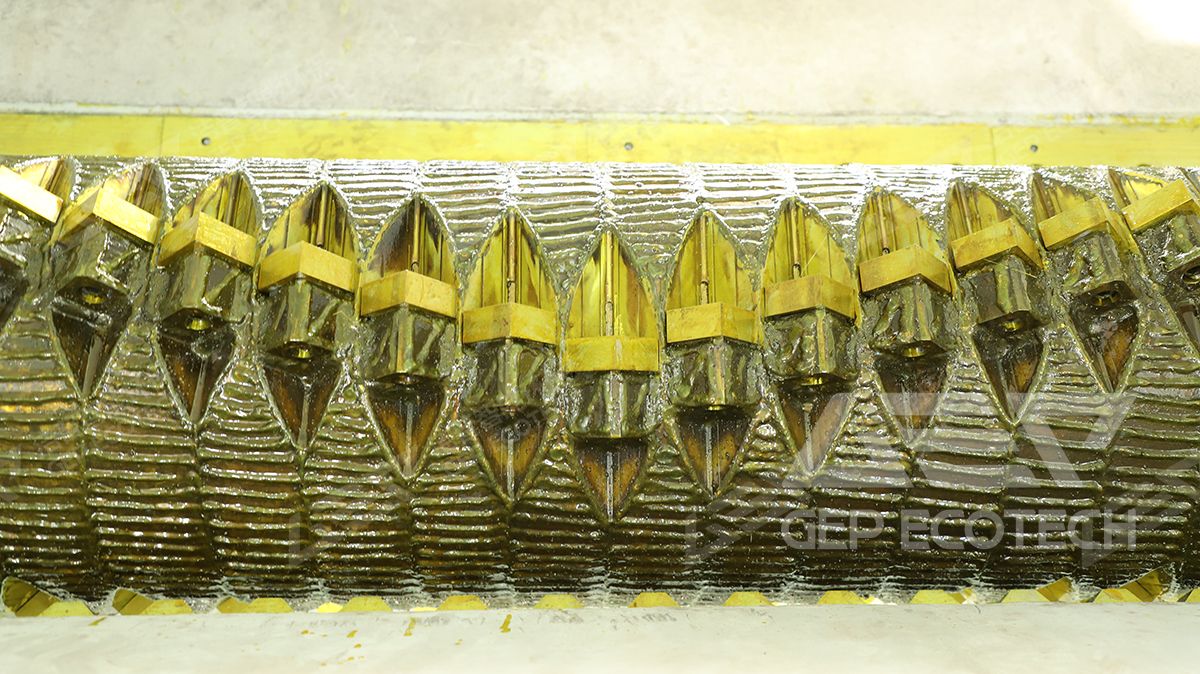
The ignition ceremony for the No.1 boiler of a sludge and industrial solid waste resource utilization project provided by GEP ECOTECH for industrial solid waste disposal equipment has been successfully held recently; The insulation paper shredding…
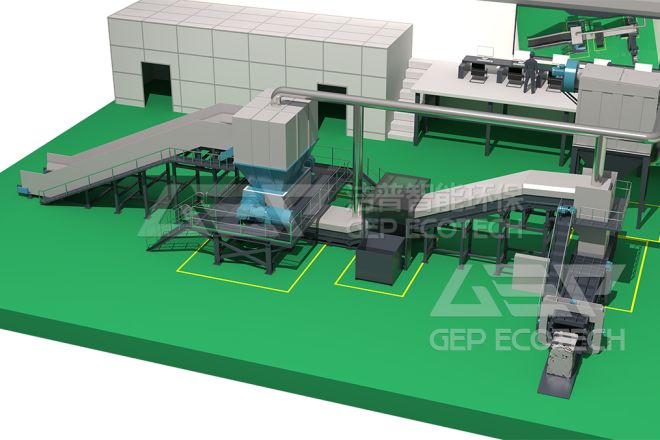
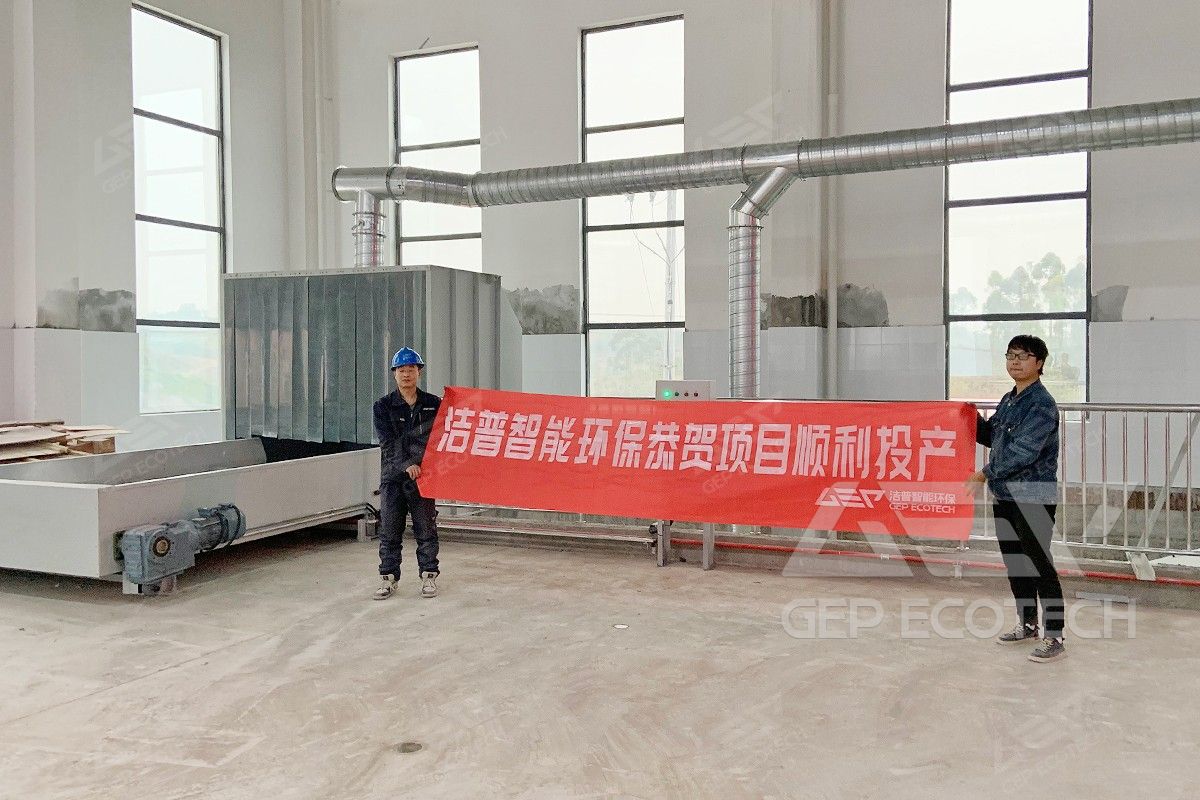
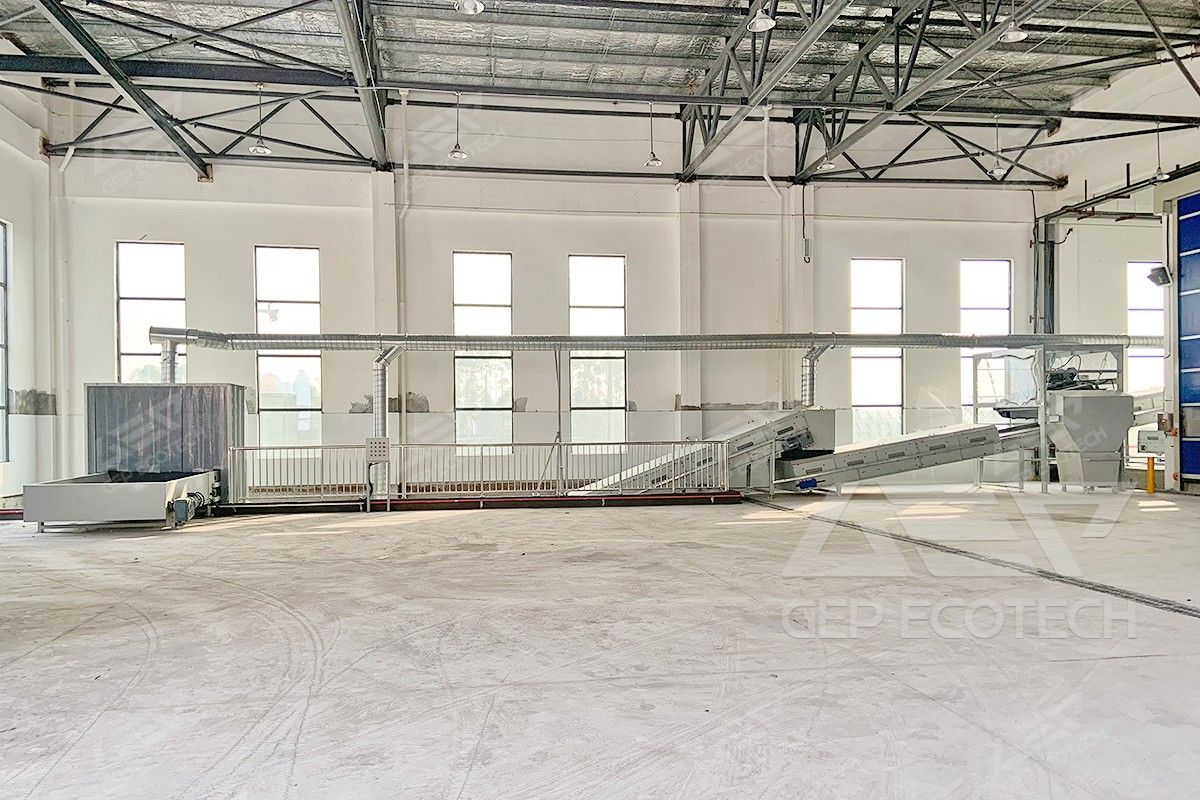
Shredding shoes to create fuel blocks involves transforming worn-out or discarded shoes into a form that can be used as a fuel source. Here's a basic overview of the process:Shoe Collection and PreparationCollection: Gather worn-out or unwanted shoes…
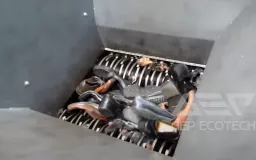
GEP ECOTECH is a national high-tech enterprise driven by technological innovation and social responsibility, a provincial-level solid waste equipment technology research center, a provincial-level specialized and refined new enterprise, and a high-…
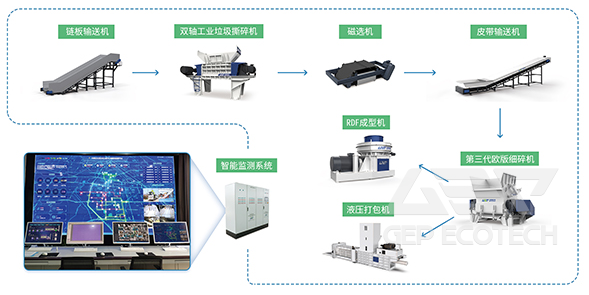
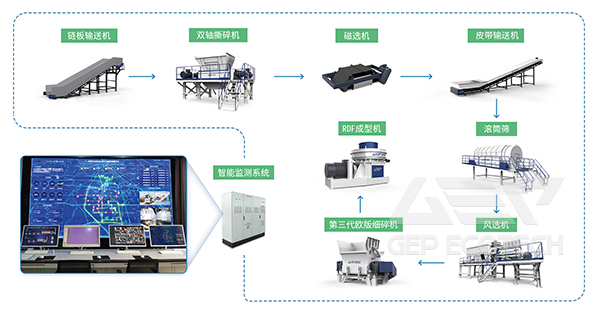
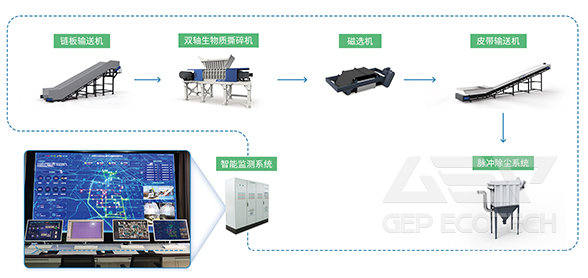
Renovation waste generated from construction, remodeling, and demolition activities often contains a significant portion of light materials such as wood, paper, and foam. These materials can be challenging to manage due to their volume and disposal costs…
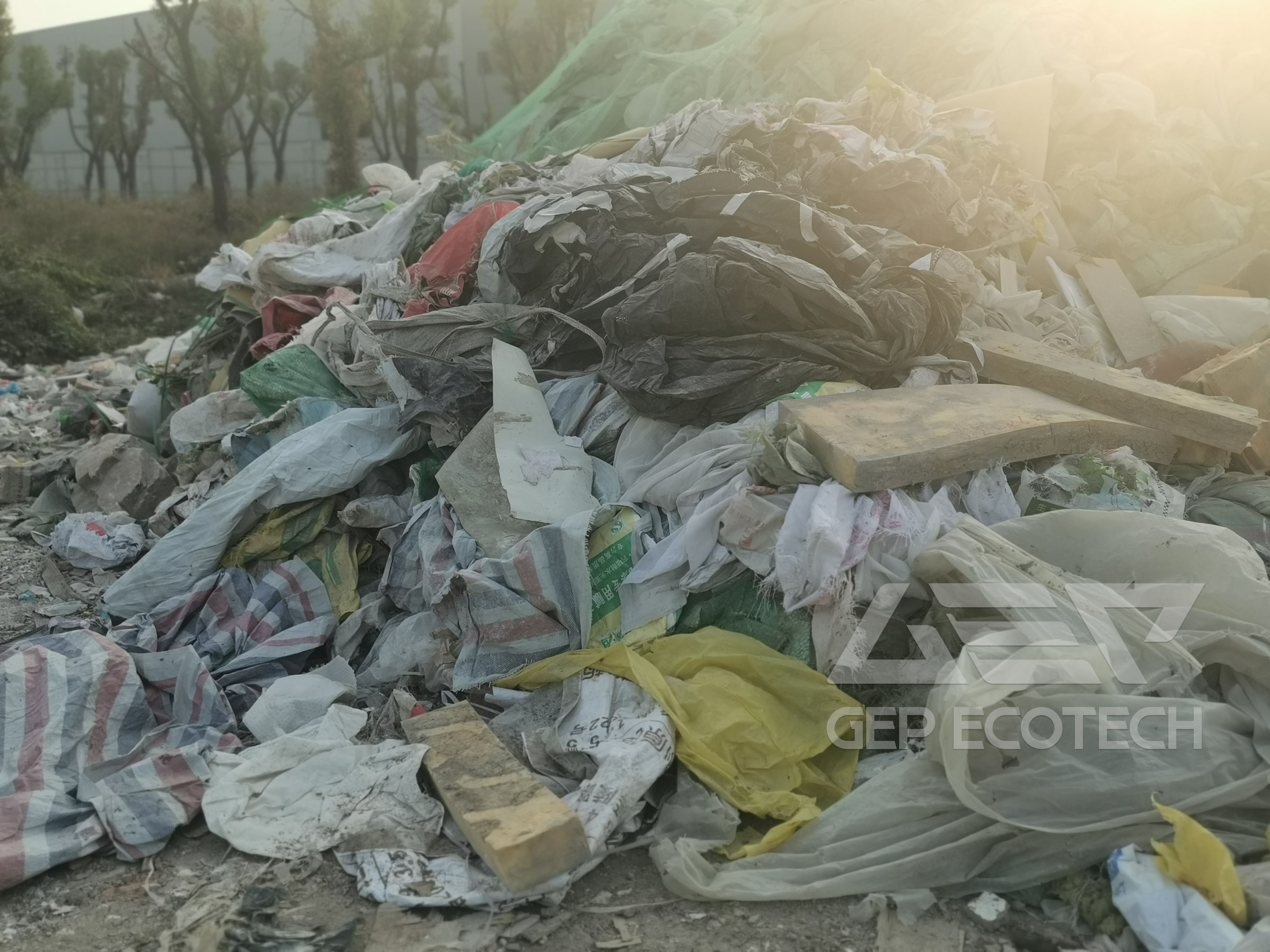
In the context of the national double-carbon policy, all walks of life are actively seeking ways to reduce carbon. The cement industry, as a major carbon producer, undoubtedly has to take the lead. The carbon emission reduction of the cement industry…
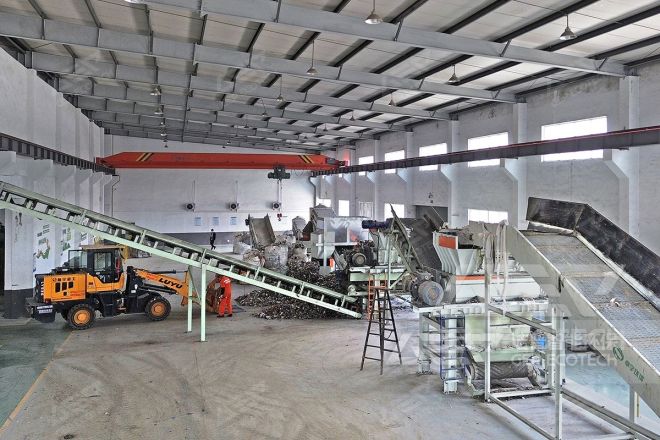
The combustion performance of sludge alone is poor. When waste straw is added to combustion together, the comprehensive combustion characteristic index increases and the combustion performance is improved. It proves that the mixed combustion of sludge…
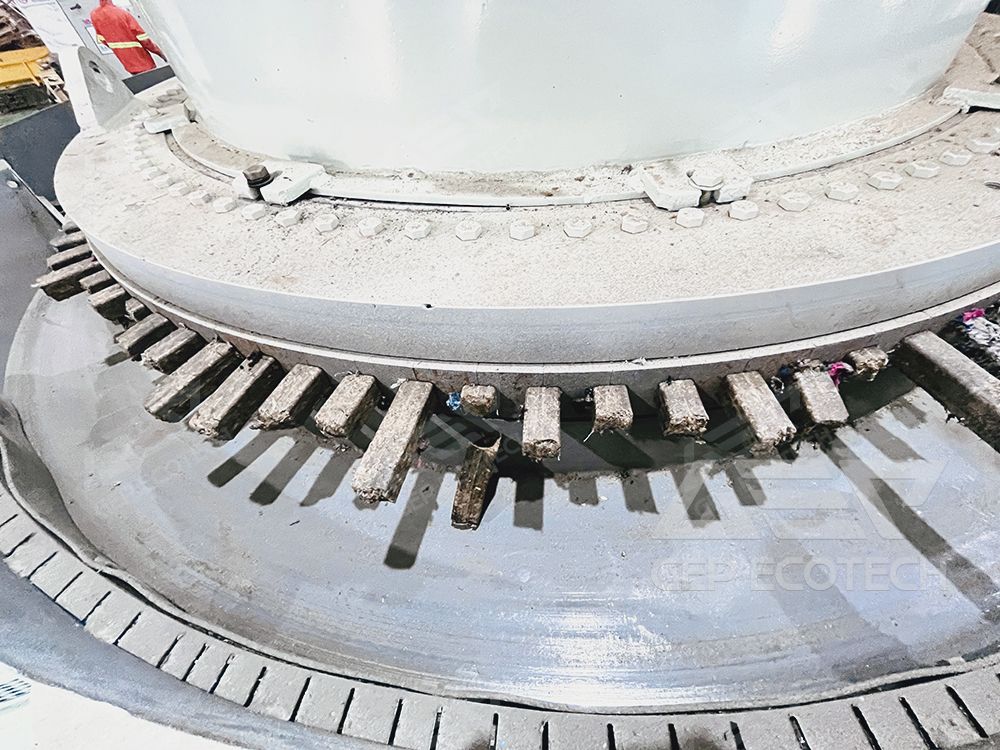
Jointly hosted by China Building Materials Circulation Association (CBMCA), China Cement Technology Network (CCTN) and China Cement Building Materials Centre, Beijing (BCMC), the "2023 Cement Industry Upgrading and Efficiency Enhancement and Intelligent…
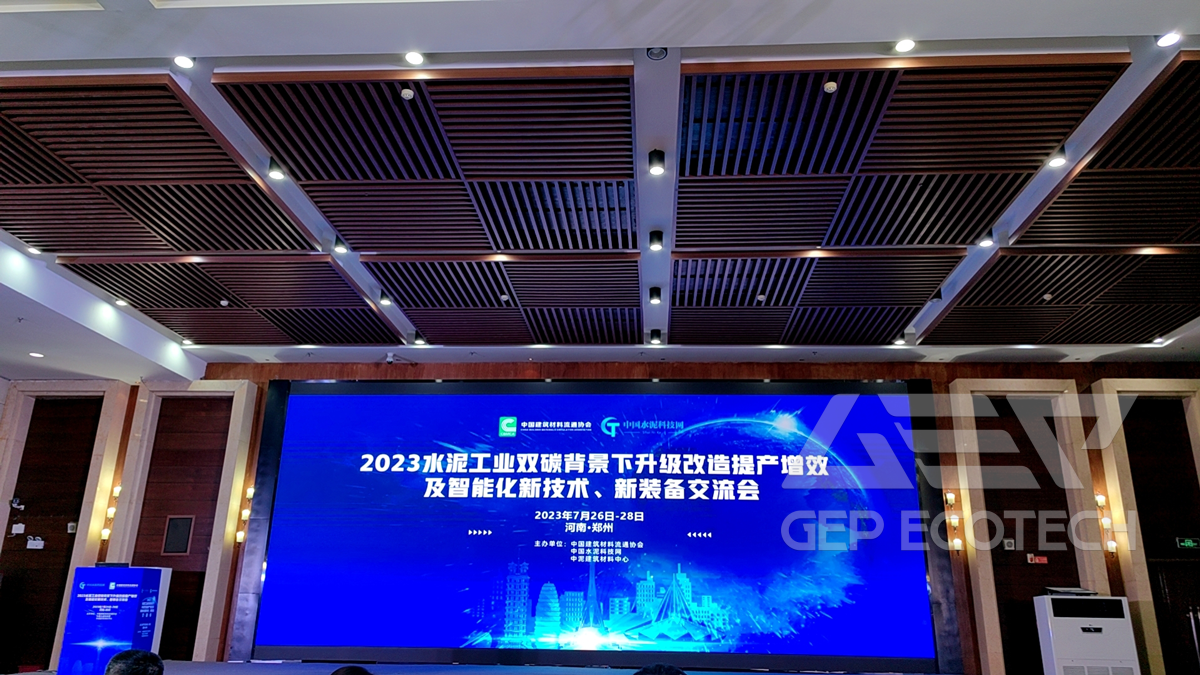
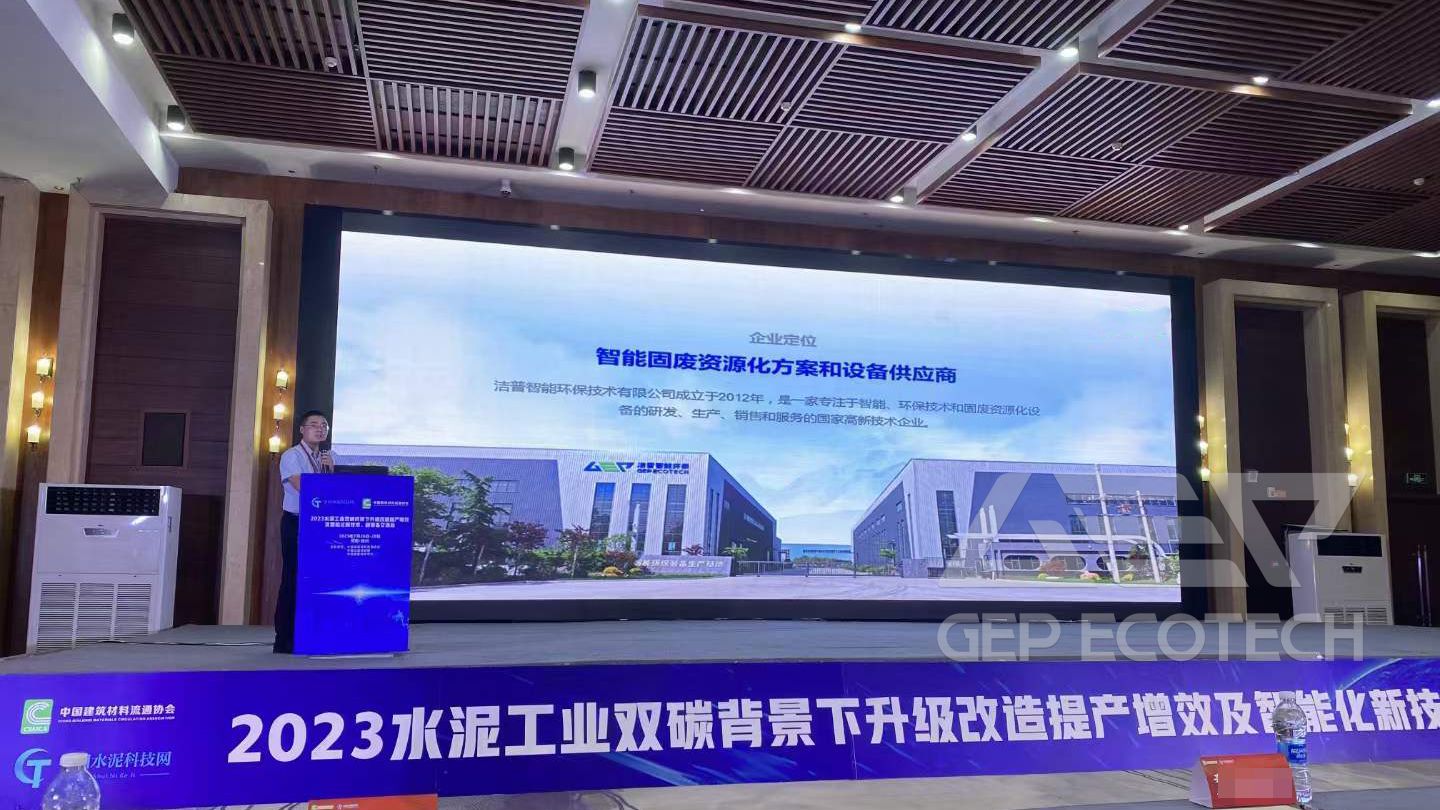
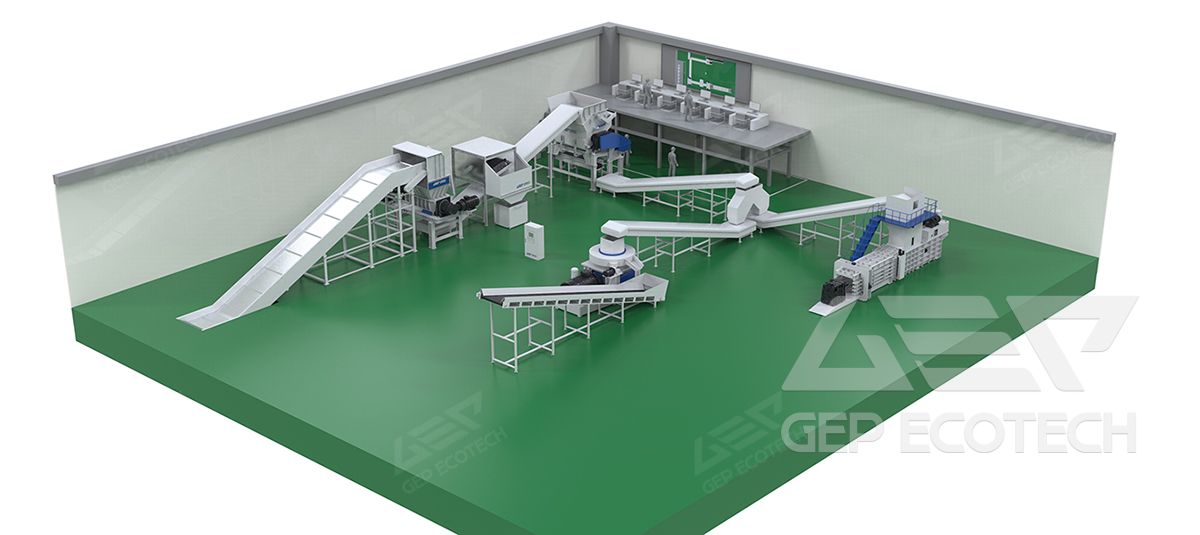
With the rapid development of Indonesia's industrial economy, a large amount of industrial solid waste is generated. How to treat these general industrial solid wastes in a harmless and resourceful manner has become an urgent need for most waste-…
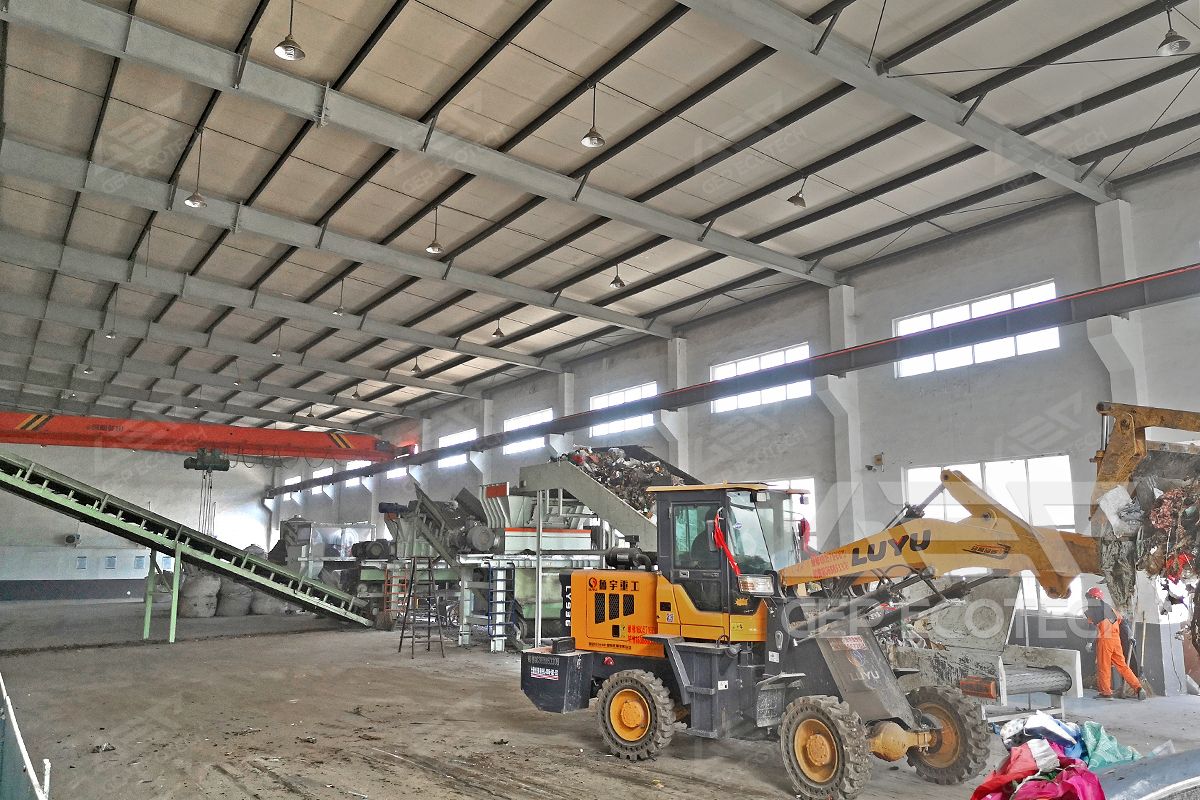
SRF Meaning: SRF is the abbreviation of Solid Recover Fuel (Solid Recover Fuel),SRF is usually refined RDF,SRF is not garbage, but clean, homogeneous, high quality, high calorific value fuel, can be used in power plants or cement plants to replace…
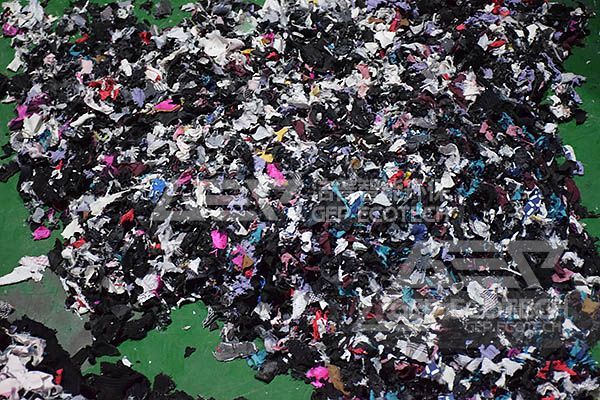
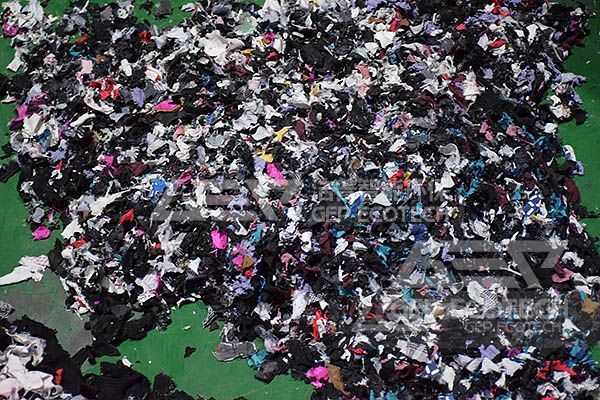
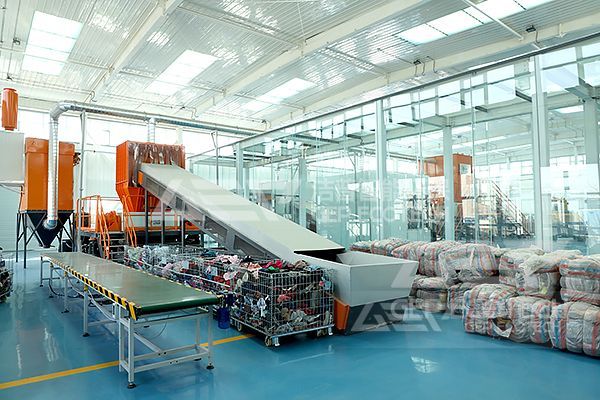
In recent years, the cement industry is exploring alternative fuel sources to reduce greenhouse gas emissions, improve energy efficiency, and enhance the sustainability of their operations. One such alternative fuel source is tyre-derived fuel (TDF),…
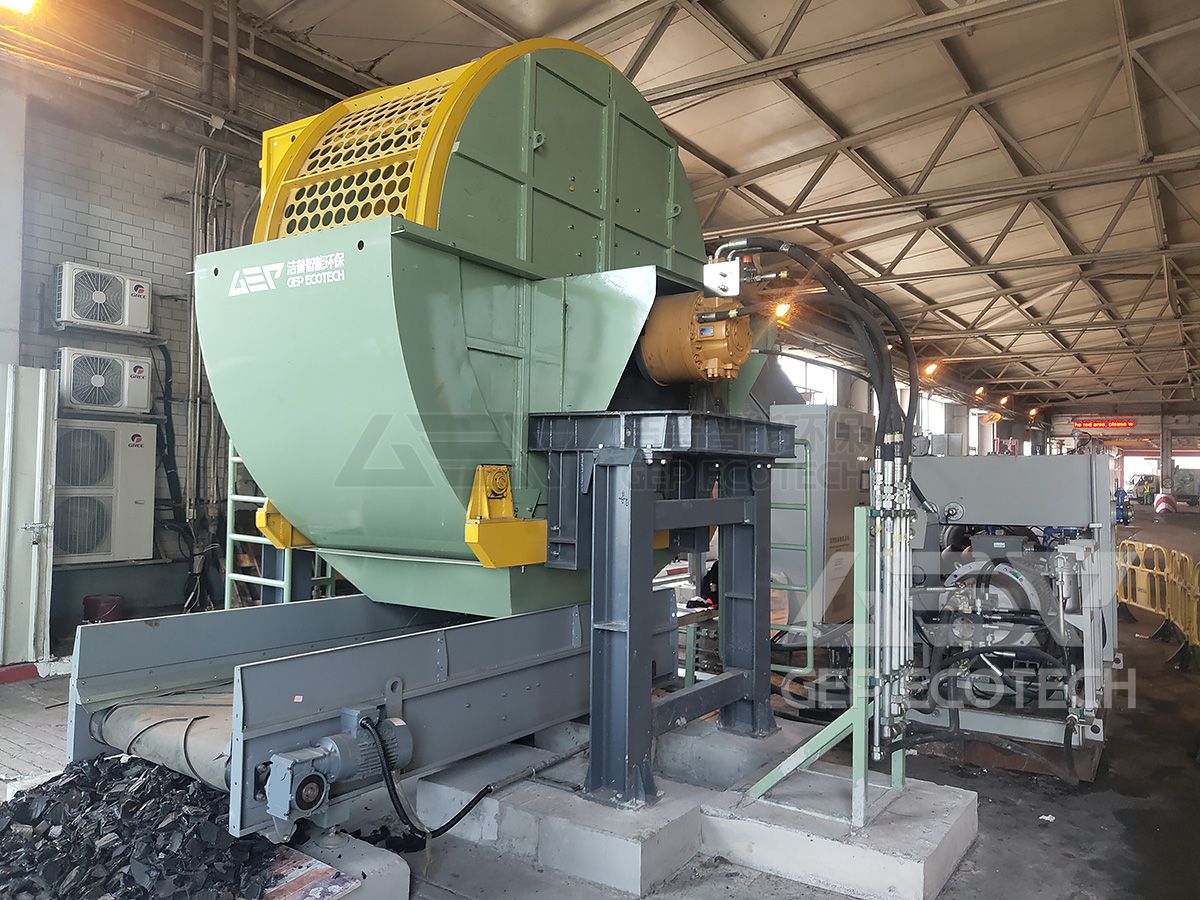
In recent years, the development and use of alternative fuels have become increasingly important due to concerns over the environmental impact of fossil fuels and the finite nature of these resources. Alternative fuels offer a sustainable and renewable…
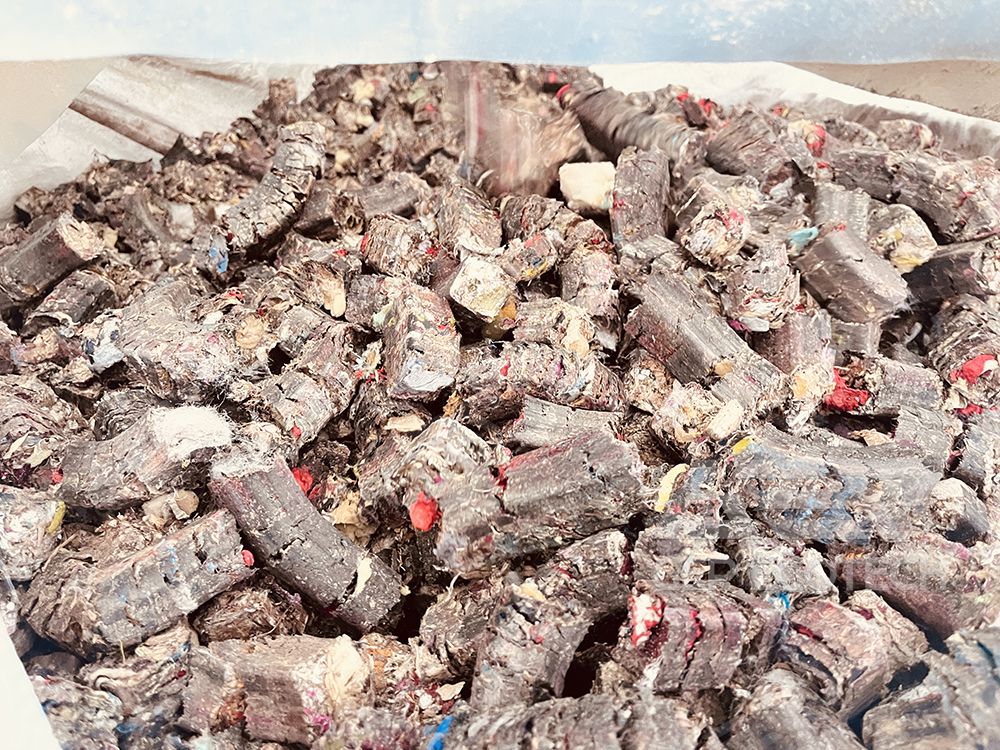
Alternative fuels have become increasingly popular in the cement industry as a way to reduce costs and environmental impact. One way that cement kilns are using alternative fuels is by replacing traditional fossil fuels with alternative fuels.Alternative…
